How to Keep Flies Off Horses Naturally: 5 effective ways for fly-free horses!
Sep 05, 2023 | Super Equestrian
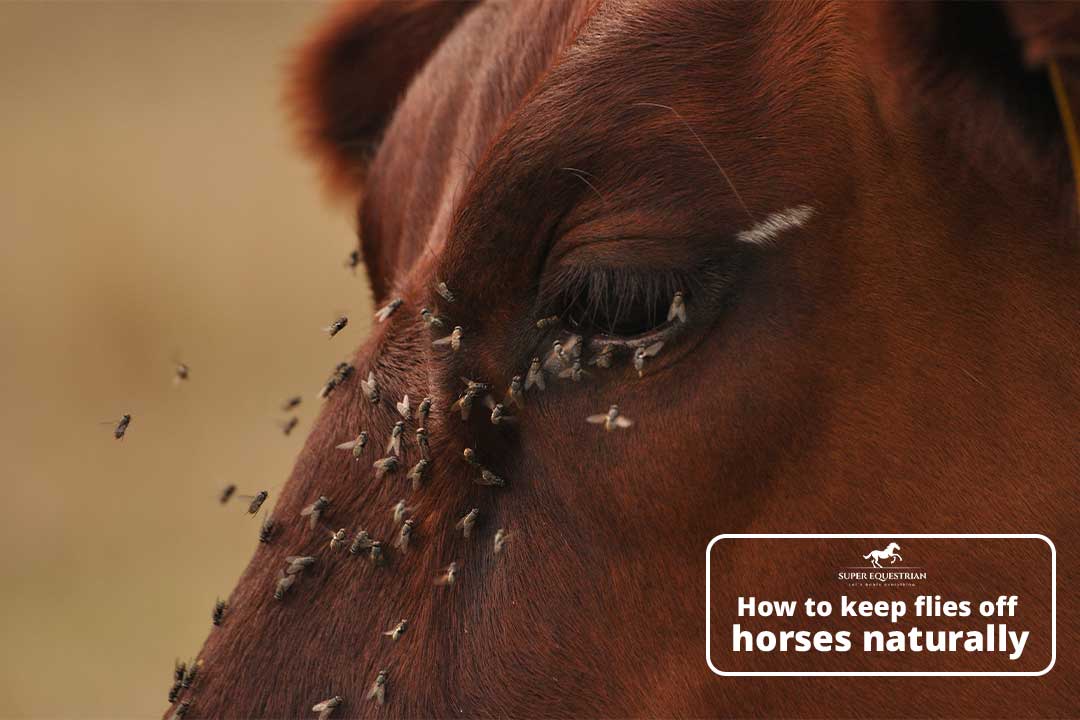
As a horse lover, there’s nothing quite like the feeling of a cool breeze in your hair as you ride your trusty steed through the countryside. But there’s one thing that can ruin this idyllic scene- Flies!!
They are not only bothersome, but they can also spread illnesses and cause skin irritations, which can lead to infections. Keeping flies off horses is crucial for their overall health, but it’s equally important to do it in a safe and natural way.
There are several ways to keep flies away from your horse.
Using fly sheets or masks, cleaning manure on a regular basis, planting fly-repelling plants, using essential oils, adding garlic and vinegar to your horse's feed, and other methods can naturally prevent flies.
Some commercial fly repellents on the market include harmful ingredients that are dangerous to your horse's health and the environment. Natural fly control techniques are not just safer, but may also be more cost-effective and eco-friendly. By using natural methods, you are not only protecting your horse's health but also helping to preserve the planet.
So, if you're seeking natural ways to keep flies away from horses, you've come to the perfect spot!
We'll look at a variety of natural techniques to prevent flies off horses in this tutorial, from environmental and nutritional modifications to physical barriers and homemade cures. You may say goodbye to pesky flies and welcome to a happy, healthy horse with the aid of this article!!!
Natural Environmental Changes to Keep Flies Away
Flies may be a continual annoyance for horses, but are you aware that making simple modifications to your horse's environment might help keep those annoying bugs at bay? By taking some simple efforts to keep your horse's environment clean and healthy, you may drastically minimize the number of flies flying around.
In this part, we'll look at several simple and natural techniques to keep flies away from your horse through environmental adjustments-
- Remove manure and rotting organic debris: Flies mostly spawn in waste and decompose organic debris, therefore eliminating them is the first step toward creating a fly-free environment.Regularly clean your horse's living quarters, including the stable, paddock, and pasture. Manure should be properly disposed of and stored in fly-proof containers until it can be removed from the premises.
- Regular pasture maintenance: Overgrown grass, weeds, and bushes provide perfect breeding grounds for flies. Regularly mow the pasture and paddock area to remove weeds and overgrowth. Moreover, avoid overstocking the pasture with horses, since this may result in more waste and an increase in fly population.
- Plant natural fly-repelling plants: Basil, lavender, and lemongrass are examples of plants that have natural fly repellent properties. Planting them around the horse's living quarters will keep flies away. These plants have a pleasant smell and may be used to make natural fly repel.
By making these easy environmental improvements, you may significantly reduce the number of flies surrounding your horse and provide a more comfortable living environment for your equine partner.
Dietary Changes to Keep Flies At Bay
Have you ever considered that what you feed your horse might actually protect flies away? Certain diets and supplements can repel flies while simultaneously boosting your horse's immune system, making them less vulnerable to fly-borne diseases.
Besides environmental modifications, some nutritional adjustments can aid in the control of flies. Here are some dietary changes that can help repel flies naturally-
- Adding garlic to your horse's diet: Garlic is recognized for its natural bug repellent characteristics, and including garlic in your horse's feed will help repel flies. Garlic can be fed in several forms, including raw garlic, garlic powder, and garlic supplements. But, don't overfeed garlic, as it might cause stomach issues.
- Adding apple cider vinegar to their diet: Apple cider vinegar has a strong odor that repels insects. A tablespoon or two of apple cider vinegar added to your horse's water or feed will help keep flies away.
- Provide a salt block: Giving salt blocks to horses can help enhance their immune systems, making them less appealing to flies.
- Feed a balanced diet: A balanced diet will help enhance your horse's digestive response, making them less prone to fly-borne infections. Make sure your horse's food is rich in fresh grass, high-quality protein, and necessary vitamins and minerals.
- Incorporating diatomaceous earth into the horse's diet: Diatomaceous earth is a natural, non-toxic mineral that can be used to repel insects in horses. It works by dehydrating insect exoskeletons, making them less appealing to flies. Even so, before integrating diatomaceous earth(white silica powder) into a horse's diet, make sure to use food-grade diatomaceous earth.
Making these easy nutritional adjustments will help keep flies away while also keeping your horse healthy and happy. But, before making any big modifications to your horse's food or nutrition, you should contact a veterinarian.
Physical Barriers to Keep Flies Off Horses Naturally
Physical barriers are sometimes the greatest approach to keep flies away from your horse. It does not necessitate the use of any chemicals or pesticides. These barriers work by keeping flies at bay and preventing them from landing and biting the horse.
Here are some natural obstacles you may employ to keep flies away from your horse-
- Fly sheets and masks: Fly covers and masks are intended to adequately cover the horse's face and body, forming a barrier between the horse and the flies. They are composed of lightweight, breathable fabrics as well as available in a variety of sizes and designs to fit horses.Fly sheets and masks are especially beneficial in hot weather, when horses are more vulnerable to insect bites.
- Leg wraps and boots: Leg wraps and footwear shield a horse's limbs or legs from insect bites and keep bugs from laying eggs on them. They come in a range of sizes and styles, as well as materials such as mesh and neoprene.Leg wraps and footwear may be especially beneficial for horses that are prone to skin irritations or diseases.
- Fans or air system: Fans can be used to create a wind that makes it harder for bugs to land on the horse and so prevents them from biting. They are particularly beneficial in barns or stables where horses spend a lot of time. During warmer weather, fans may also assist horses stay cool and cozy.
- Putting up screens in the stables: Putting up screens on windows and doors may keep flies away from the barn or stables, keeping the horses safe. It can also help to increase ventilation and air quality in the barn.
- Keeping horses indoors for peak fly activity: Insects are most active when it's daylight, especially in the scorching summer season. Keeping horses inside the stall can help to limit insect exposure and the risk of fly-borne sickness.
You can help protect your horse from flies and keep them happy and well by employing physical barriers. It is critical to select the appropriate obstacle for your horse's requirements so that it fits properly and does not cause discomfort.
DIY Fly Control: Natural Remedies to Keep Flies off Horses
If you're looking for natural and cost-effective ways to keep bugs away from your equine, DIY fly management may be the best option. Using organic products, you can create your own pest repellents and traps that are both safe for your horse and the environment.
Here we'll look at several efficient DIY fly control solutions that you can employ to keep flies away from your horse without spending a fortune.
- Fly predators: Little insects such as Spalangia Cameroni, Muscidifurax raptor, and Fannia Canicularis are prey on fly larvae and prevent them from growing into adult flies. By releasing fly predators, you can help to reduce the flies population in your horse's surroundings.
- Fly traps: Fly traps, such as baited traps and sticky traps, can help reduce the quantity of flies around your horse.
- DIY fly sprays using essential oils: You can create your own fly spray using essential oils like-
- Citronella oil: This oil's strong scent repels flies and other insects. It is often used in commercial fly sprays and may also be seen in homemade pest solutions.
- Lavender oil: Lavender has a soothing scent that may also be used to control insects. It is safe for animals and may be used to make your own bug spray.
- Eucalyptus oil: This oil has a pungent minty scent that flies despise. Combine it with water before applying it on your horse to keep pests away.
- Neem oil: Neem oil acts as an organic pesticide that may be used to ward off flies and other pests. It may be mixed with water to form a spray or rubbed directly onto your mare's coat.
You can repel flies away from your equine without using hazardous chemicals if you utilize these natural methods. Don't forget to try out different approaches to determine what works best for you and your steed.
Tips to Maintain a Bug-Free Environment for Your Equine
"The time to repair the roof is when the sun is shining." as the saying goes.
This is particularly true when it comes to protecting your one-toed mammal from insects. While there are natural remedies and physical barriers you may use to keep flies at bay, it's also important to make an effort to keep your animal's surroundings pest-free.
So, to help keep your horse fly-free, here are some tips to keep in mind-
- Clean the stable and paddock: Cleaning your horse's stall and pasture frequently will help to reduce manure and other organic debris that flies are attracted to. This minimizes the frequency of bugs around your steed.
- Keep water sources clean: Flies are lured to standing water, so keep water troughs, buckets, and other water sources clean and fresh. Change the water on a regular basis, brush the containers to get rid of any debris or algae.
- Regularly checking and replacing physical barriers: Fly masks, blankets, and leg wraps can all wear out and become less efficient in keeping flies away over time. Check and update these physical barriers often to ensure they are still providing enough protection.
- Reapplying natural repellents: Flies may be kept away from your horse using natural repellents. However, they may need to be reapplied in a timely manner to retain their efficacy.
- Maintain environmental modifications: Maintaining environmental modifications is like putting up a fence before the storm hits. Maintain and adapt habitat adjustments such as utilizing fly predators, installing screens, giving shade, and more to keep your horse's surroundings fly-free.
These improvements can be beneficial in reducing the number of flies around your equine, but you must remain vigilant and make changes as needed to ensure they remain effective.
Winding Up
In conclusion, natural approaches such as habitat modifications, food adjustments, physical barriers, and DIY remedies can effectively keep flies away from horses. Using these strategies with consistency and perseverance is critical to their effectiveness. By using natural methods, you may not only keep your horse healthy, but you can also reduce the usage of chemicals and their potential adverse effects.
As we come to the end of this article, we hope that you have found these natural ways to keep flies away from your horse helpful. Do you have any additional tips or remedies for keeping flies at bay? Please let us know in the comments below.
FAQs
Q: How often should I clean my horse's stable to keep flies away?
A: It is recommended to clean your horse's stable and paddock at least once a day to remove manure and other debris that can attract flies.
Q: How long do natural fly repellents last before they need to be reapplied?
A: Natural fly repellents, such as homemade fly sprays, may require reapplication every several hours to be effective. It is preferable to follow the directions for each repellent and see how long it lasts on your horse.
Q: Can I use vinegar as a natural fly repellent for my horse?
A: Yes, you can mix vinegar with water and use it as a spray to repel flies from your horse. However, it may need to be reapplied frequently to remain effective.
Recent Blogs
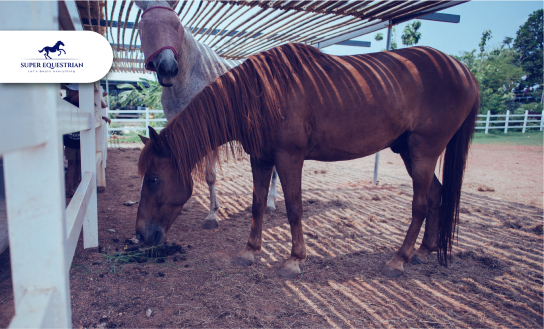
Common Equine Diseases and How ...
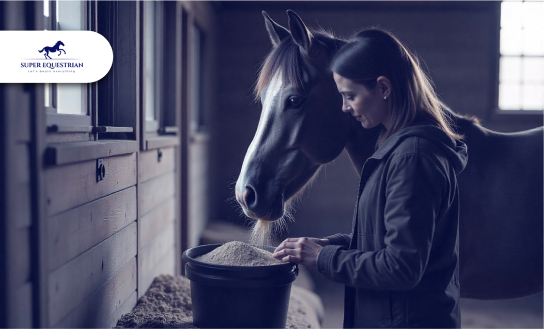
Equine Health Supplements: What Every ...
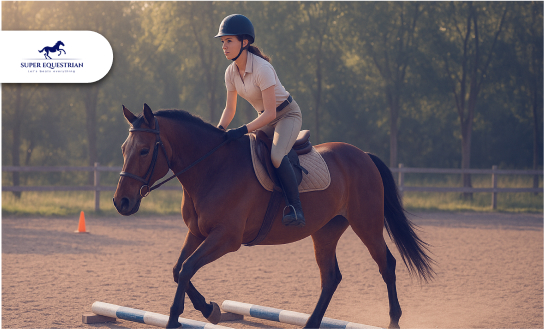
Jumping Basics: How to Prepare ...
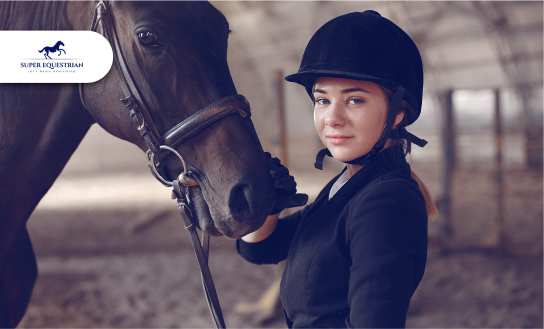
Essential Horse Riding Gear for ...
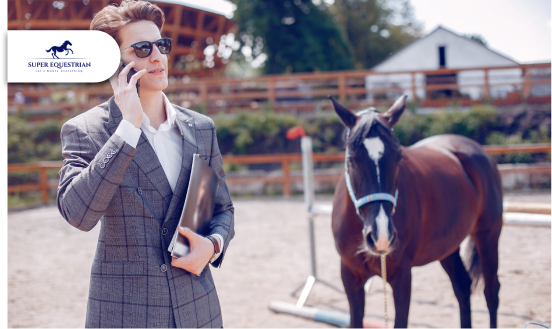
How to Balance Work, Life, ...

How to Balance Work, Life, ...
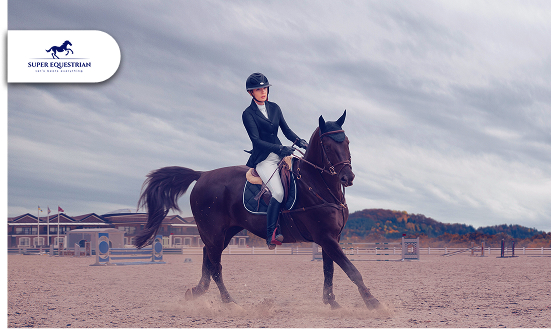
Top 5 Exercises to Improve ...
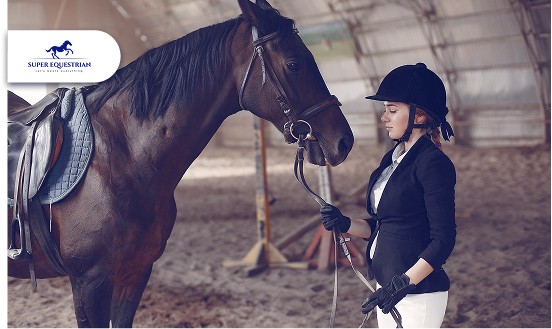
How to Build Confidence as ...
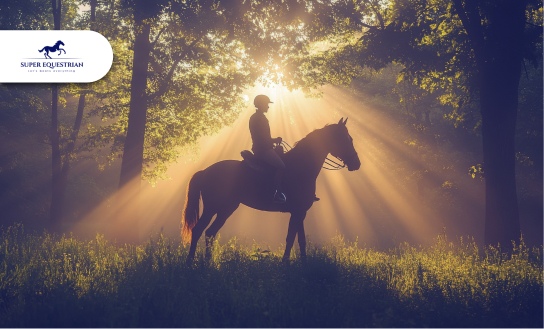
Spotlight on Equestrian Legends: Riders ...
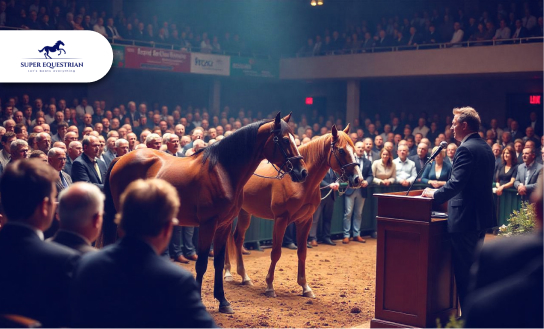
Horse Auctions and Sales...

Top Horse Friendly Travel Destinations ...

How to Build Stronger Bonds ...

Upcoming Horse Shows and Competitions ...

MIPS Equestrian Helmet The Future ...
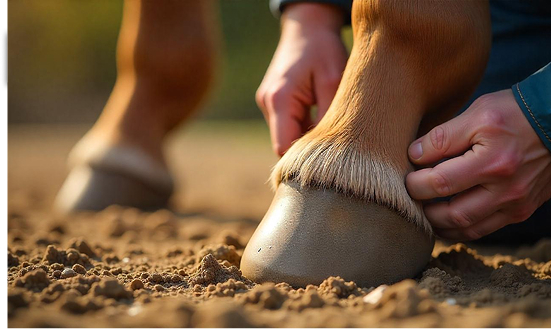
How to Recognize and Treat ...
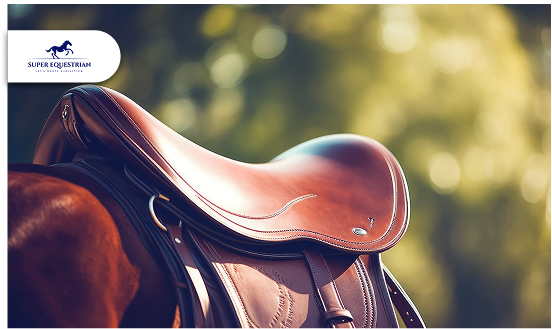
How to Choose the Perfect ...
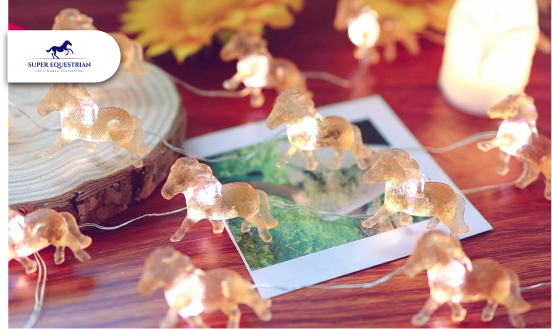
Horse-Themed Gifts Unique Ideas ...
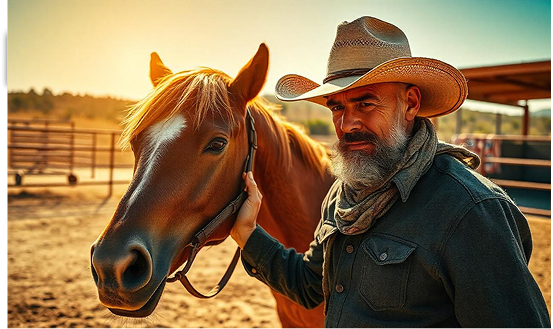
Horse Training Techniques: Creating A ...
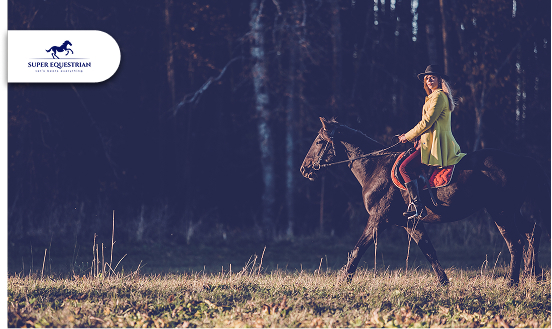
Horseback Riding Lessons – Everything You ...
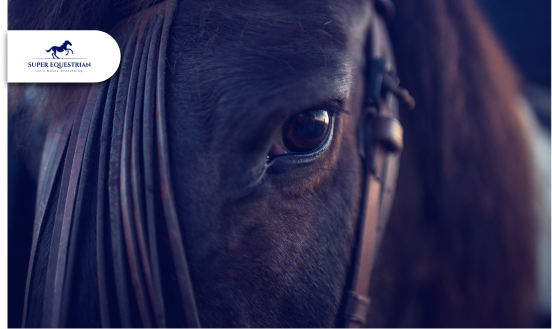
Horse Photography Tips: Learn the ...
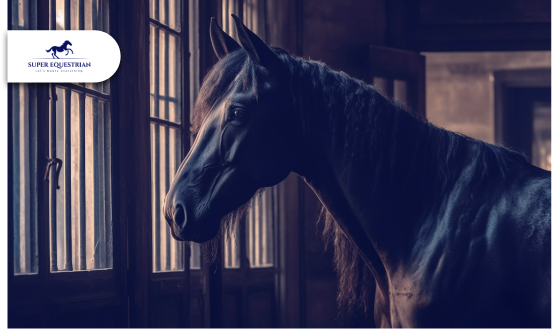
Horse Stable Management: The Quiet ...
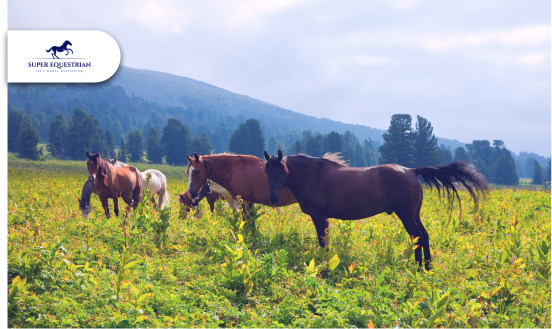
Horse Rescue Organizations: A Profound ...
Horse Racing Events A Look ...
Best Horse Manure Fork Six ...
What Are The Rarest Horses ...
What Does It Mean When ...
Horse Insurance Providers This Is ...

Horse Behaviour and Psychology: Learn ...

How Much Does a Horse ...
.jpg)
Best Monoflap Saddles For Your ...
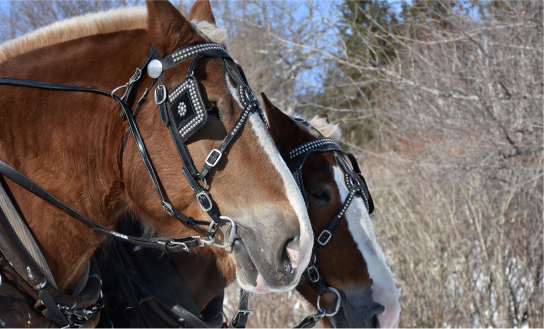
Best Hackamore For Barrel Racing...
.jpg)
Best Barrel Racing Reins Top ...
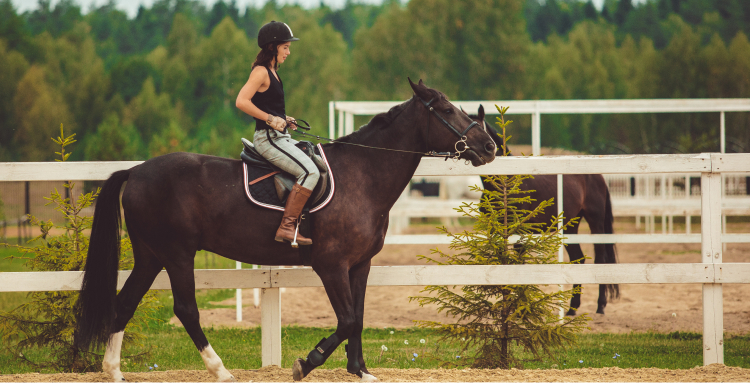
Horse Anatomy And Physiology: Facts ...
.jpg)
Best Stirrups For Ankle Pain - ...
.jpg)
Horse Care Tips and Tricks: ...
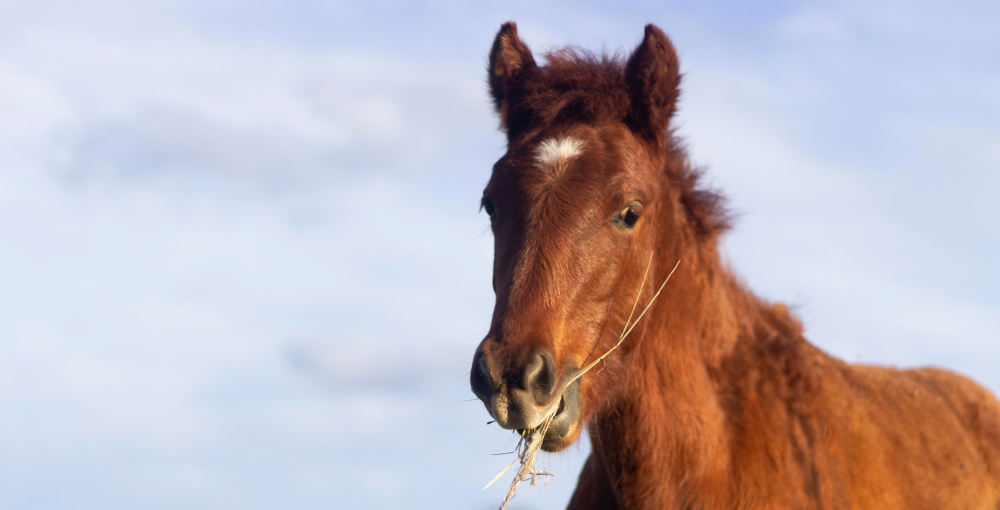
What Do Wild Horses Eat- ...
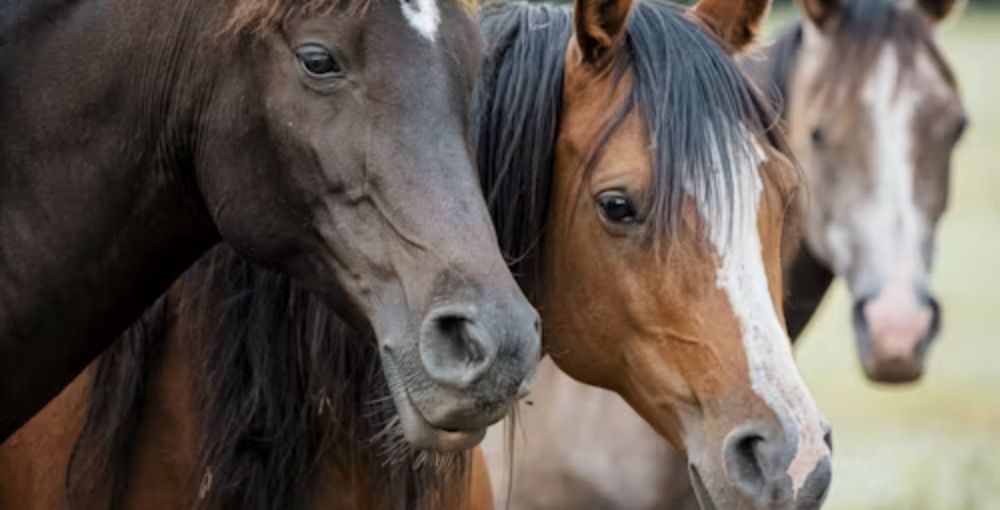
Horse Breeds and Characteristics: How ...
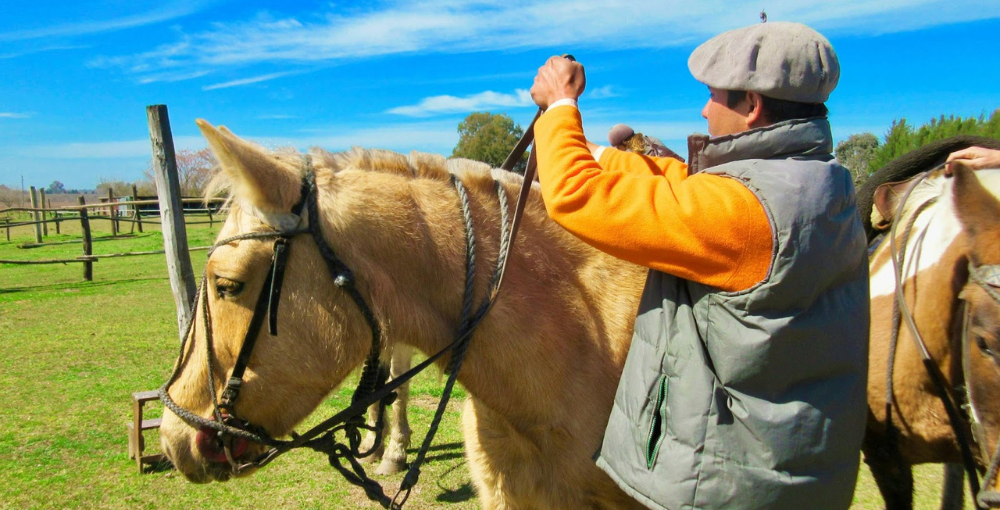
Best Barrel Racing Reins - Top ...

Horse Breeds and Characteristics: How ...
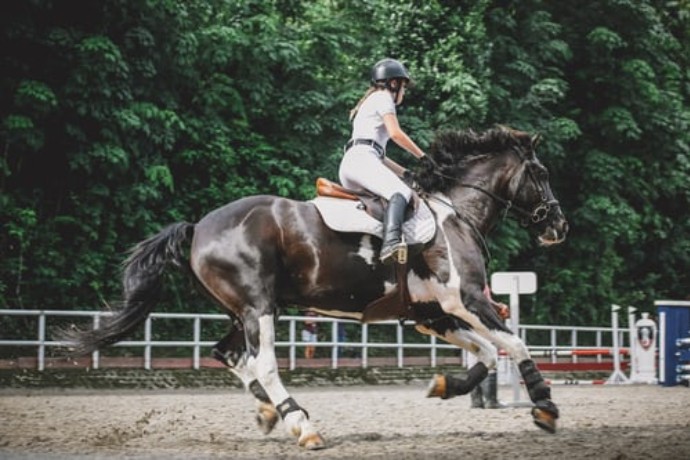
Best Breeches For Curvy Riders...
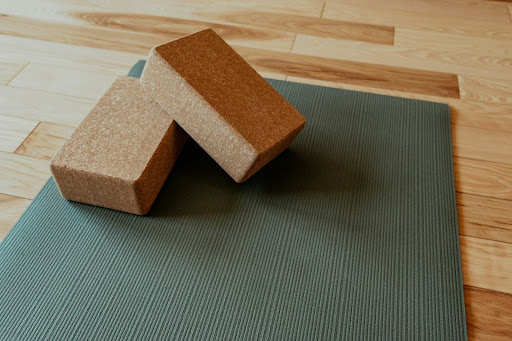
Best Stall Mats For Horses - ...

Best Horse Brushes ( A Thread ...

Best Saddle Rack ( Keep Your ...

Best Bit For Training a ...
.jpg)
10 Morgan Horse Show Held ...

Is Mason Sand Or Concrete ...
.jpg)
Best Girth For Your Horse ...
.jpg)
Ranch Cutter vs Cowhorse Saddle? ...
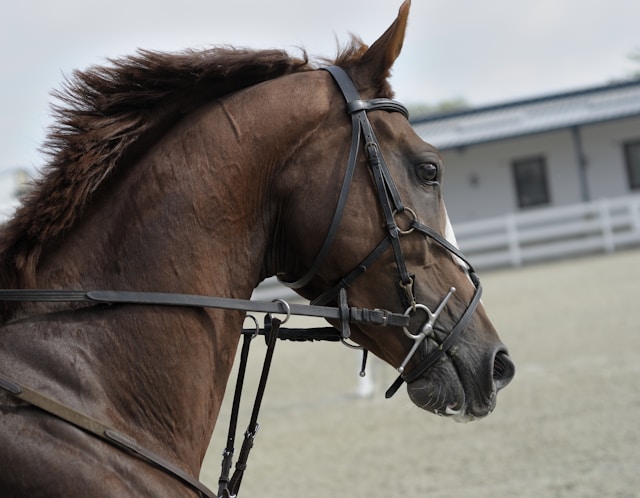
Types of Horse Bit and ...
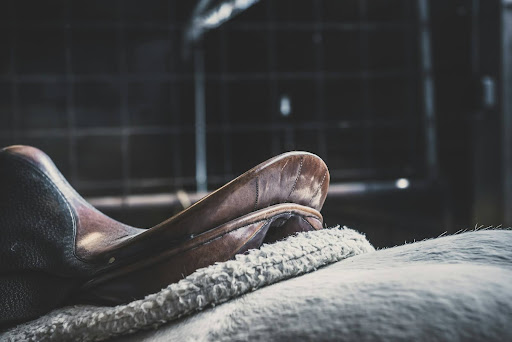
Is Hilason a Good Saddle ...
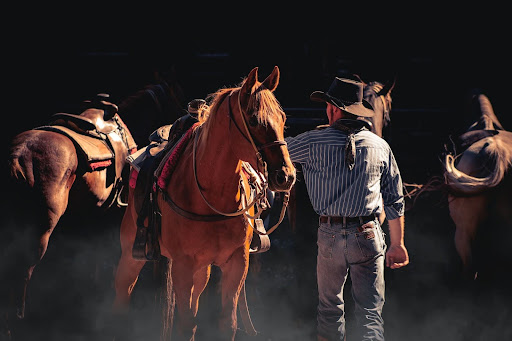
How to choose a bit ...
.jpg)
Best Salt Blocks For Horses...
.jpg)
Types of Horse Brushes (Equine ...
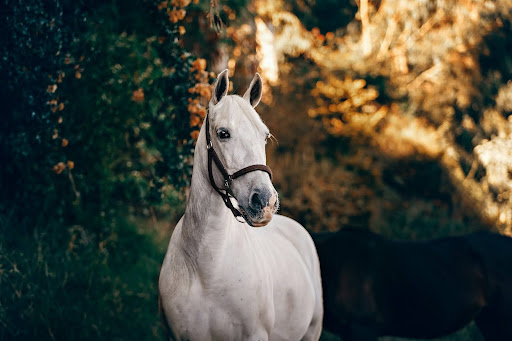
How To Get a Horse ...
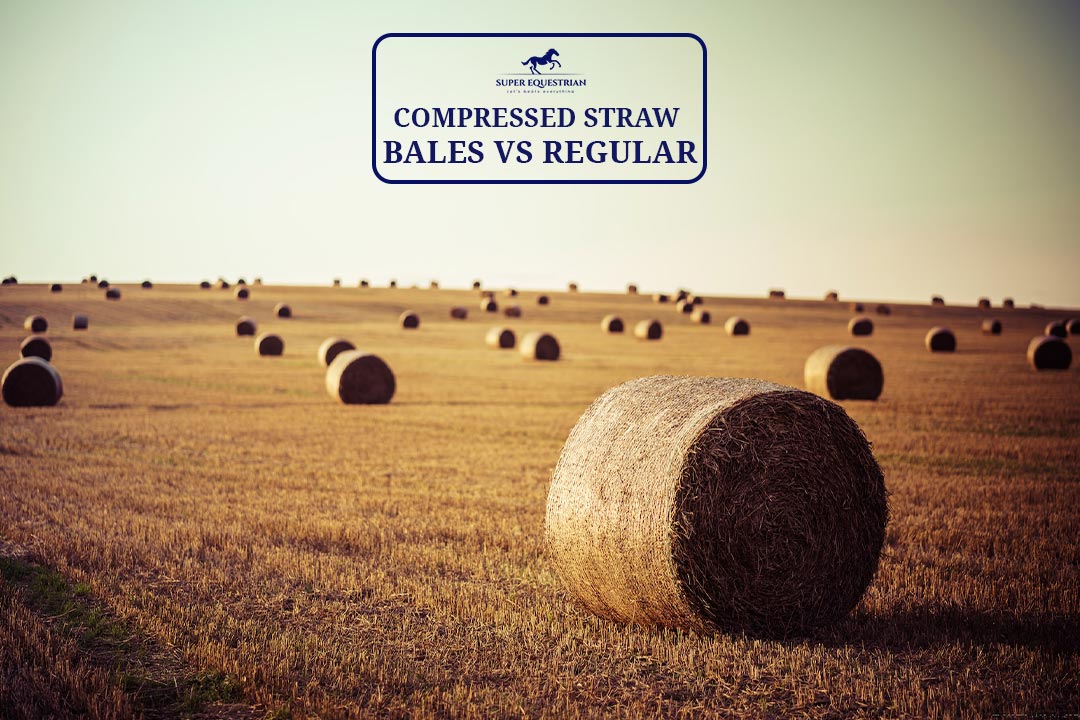
Compressed Straw Bales Vs Regular? ...
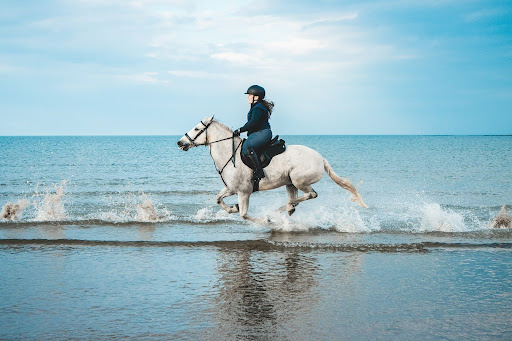
Horse Riding Lessons For Intermediate ...
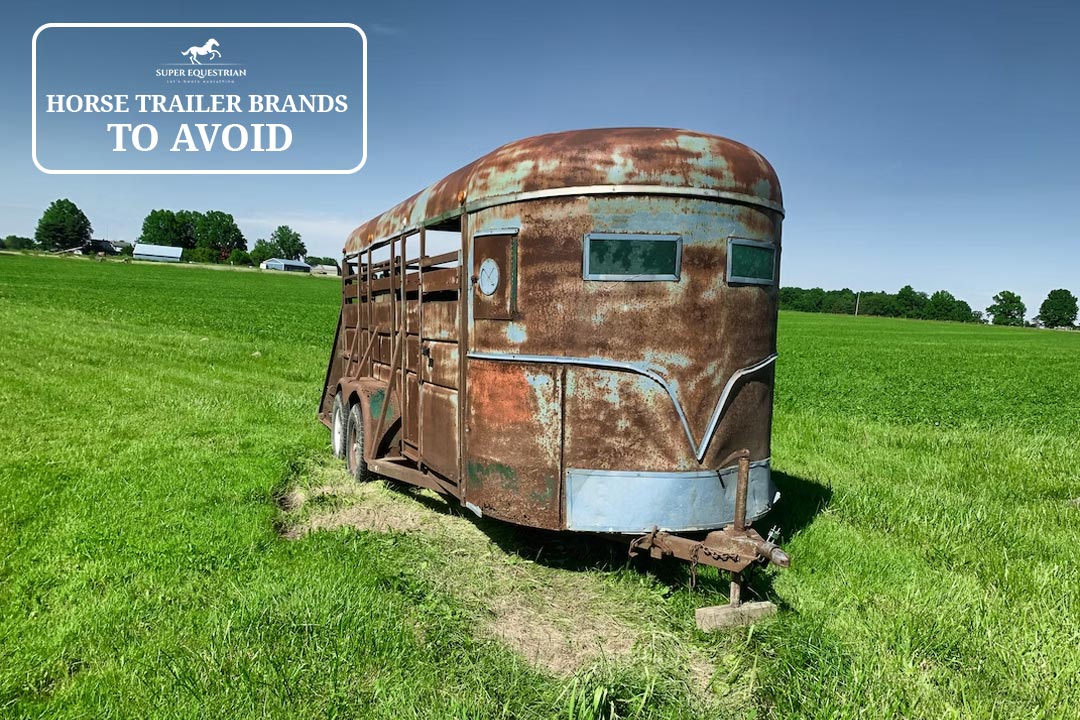
Horse Trailer Brands To Avoid...

Strawberry Roan vs Red Roan? ...
.jpg)
Gelding vs Stallion...
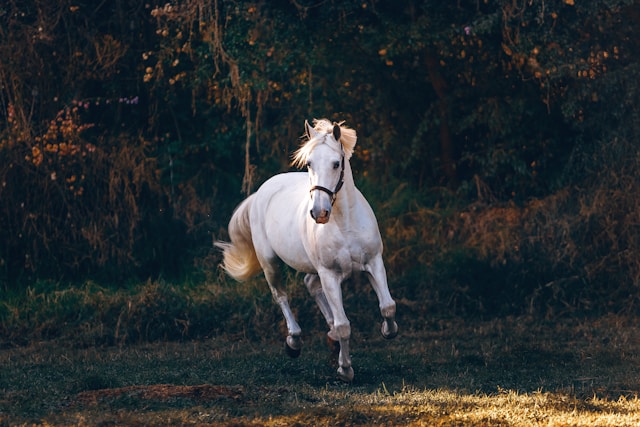
Why Does a Horse Whinny? ...
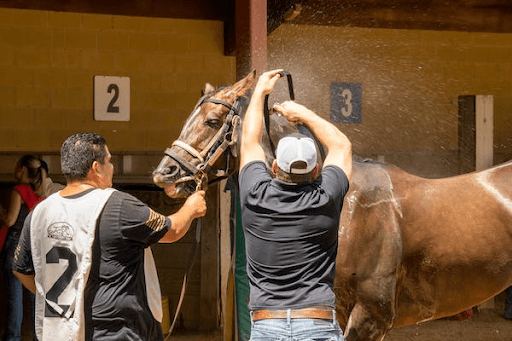
How to Clean a Rusty ...
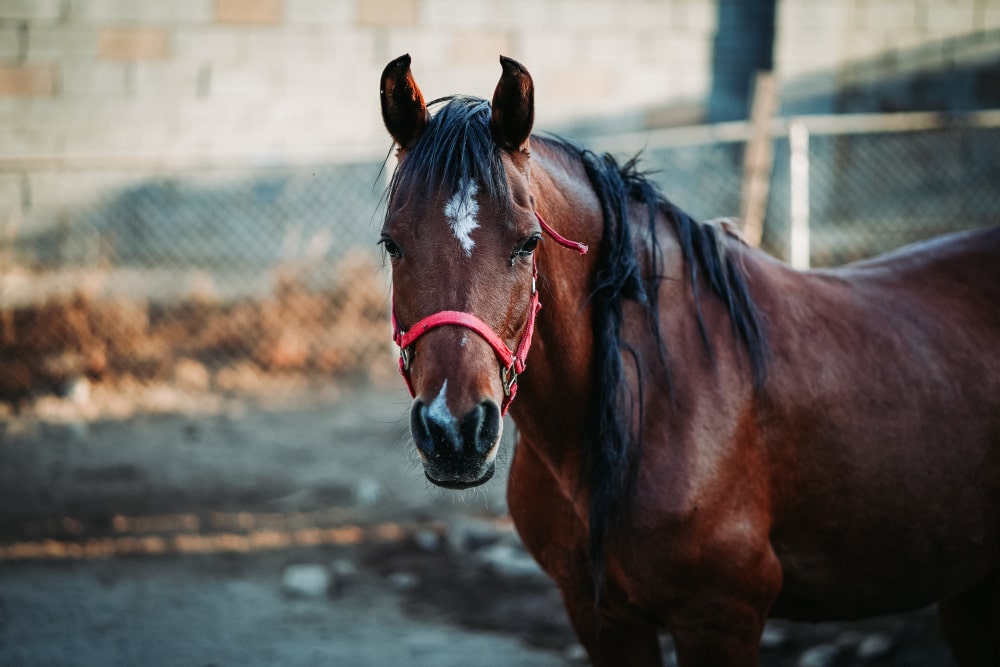
Why Do Horses Foam at ...
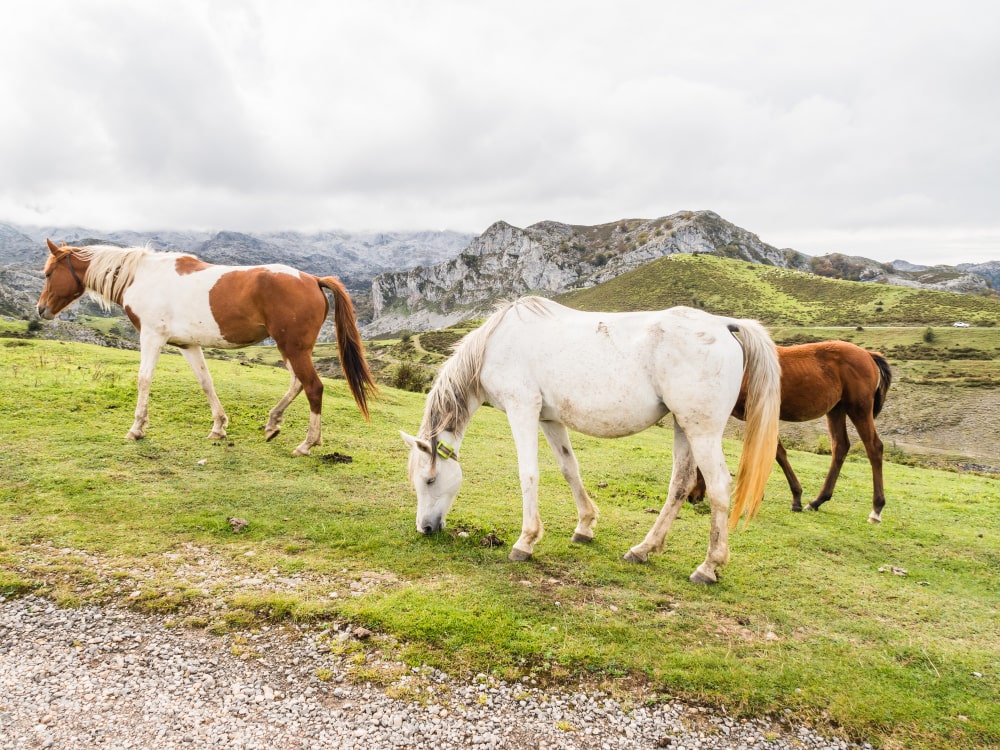
Why Do Horses Bob Their ...

Nutrition Unveiled: Triple Crown Senior ...
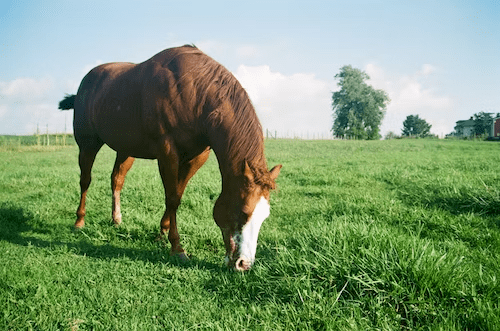
Pasture Pro Vs. Grazon: Horse-...
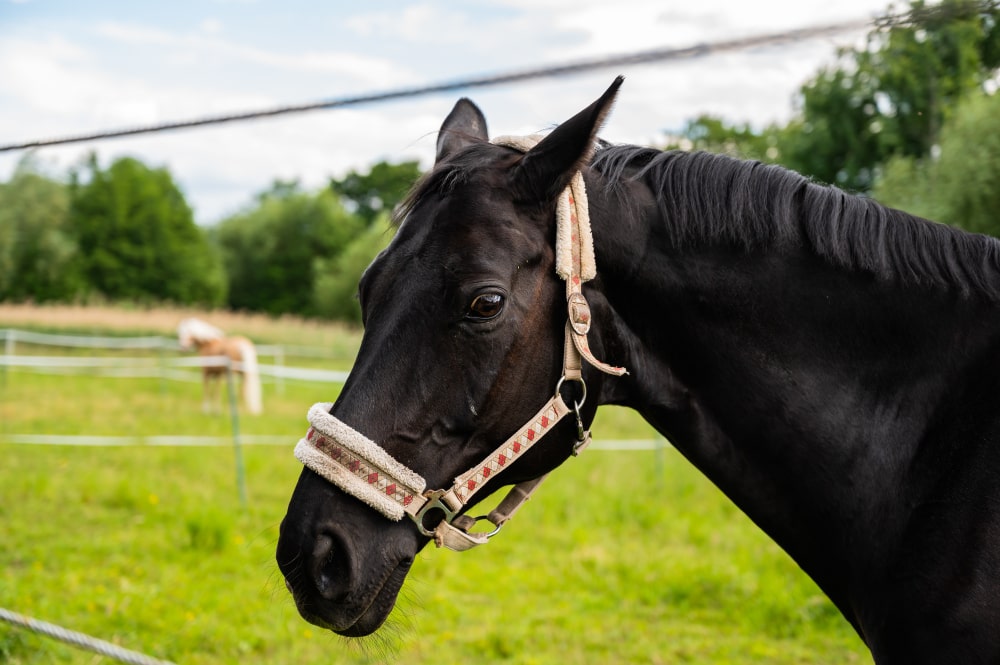
Dutch Gag Vs. Pelham: Bits ...
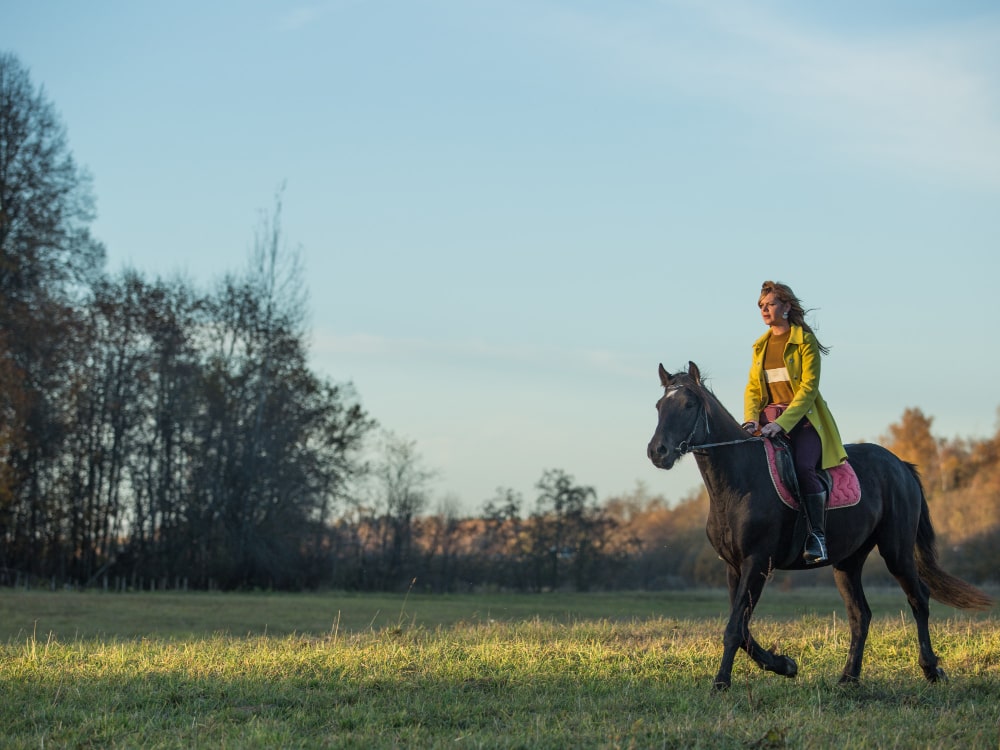
Walking Horse vs Racking Horse: ...
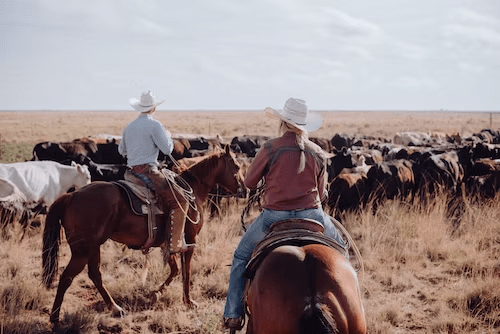
Wade vs Association Saddle: Your ...
.jpg)
Step Up vs Ramp Horse ...

Bosal vs Hackamore: A Head-...
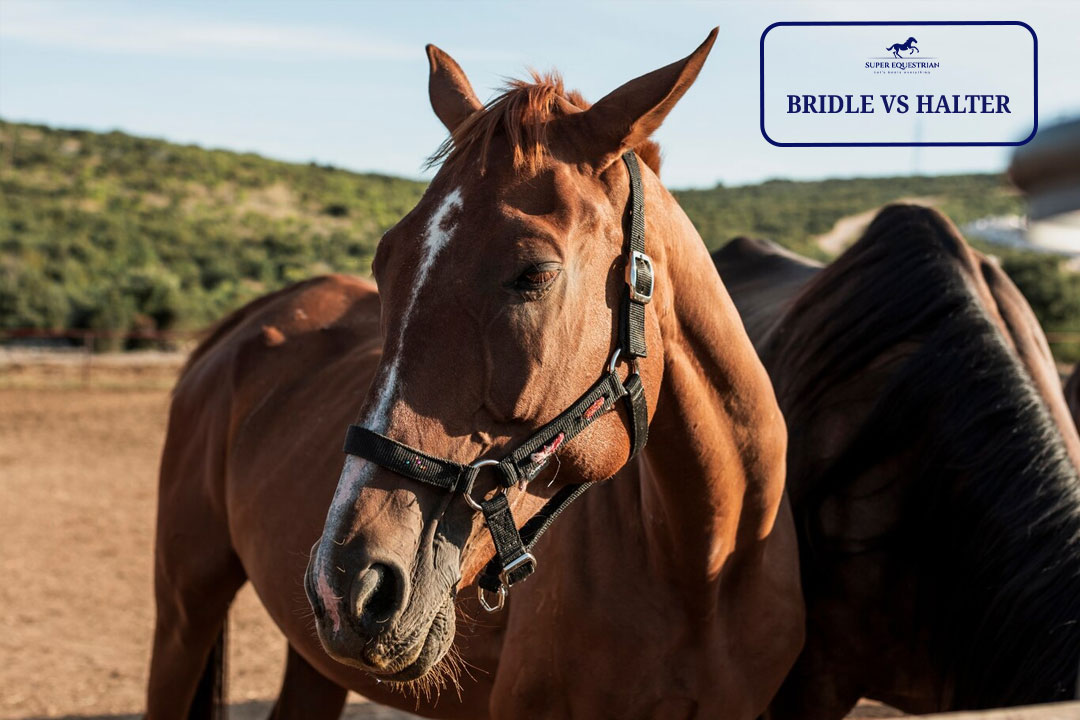
Bridle Vs Halter: Which One ...

Paddock Boots Vs Riding Boots: ...

Shadow Horse Trailer Problems: Causes, ...
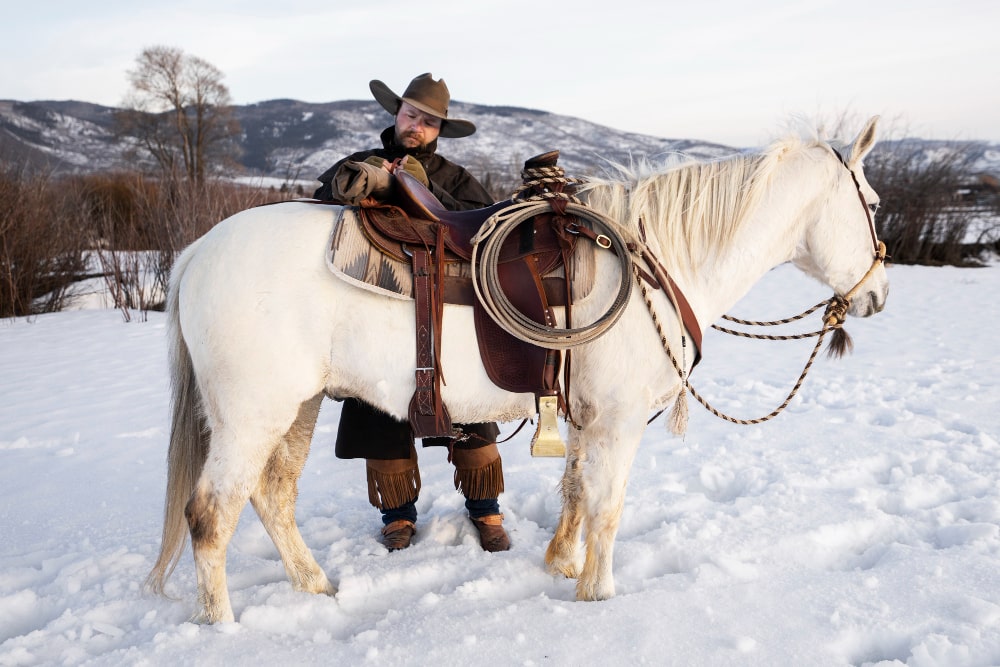
Are Billy Cook Saddles Good - ...

Let's Start at the ...
Benefits of Beet Pulp for ...
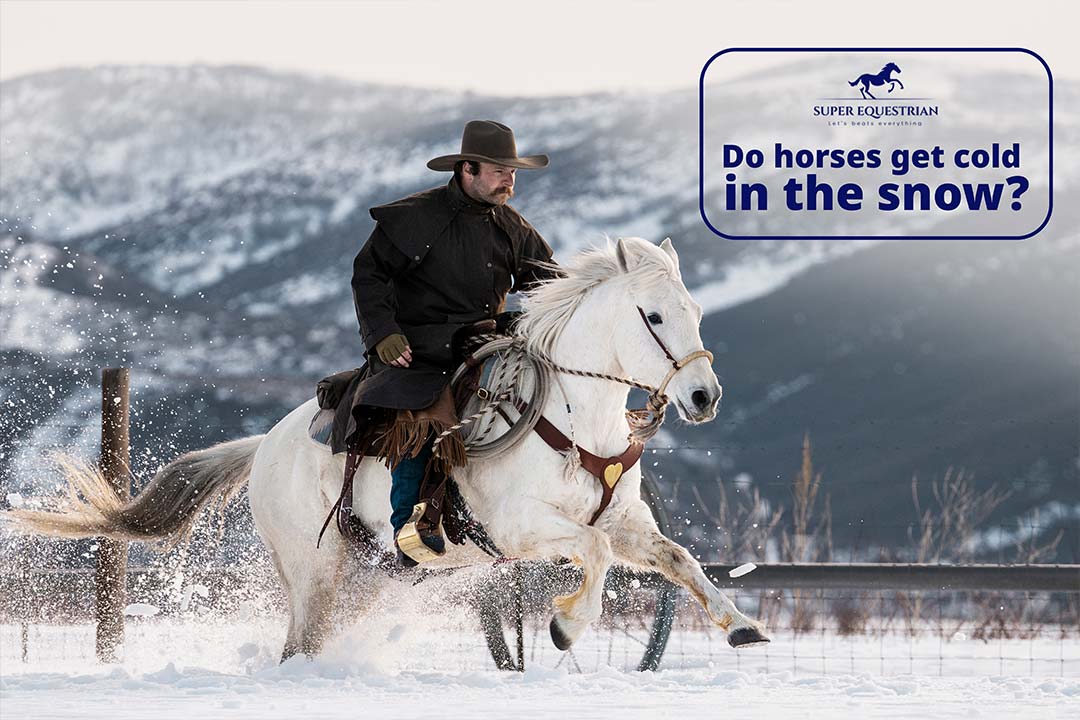
Do horses get cold in ...
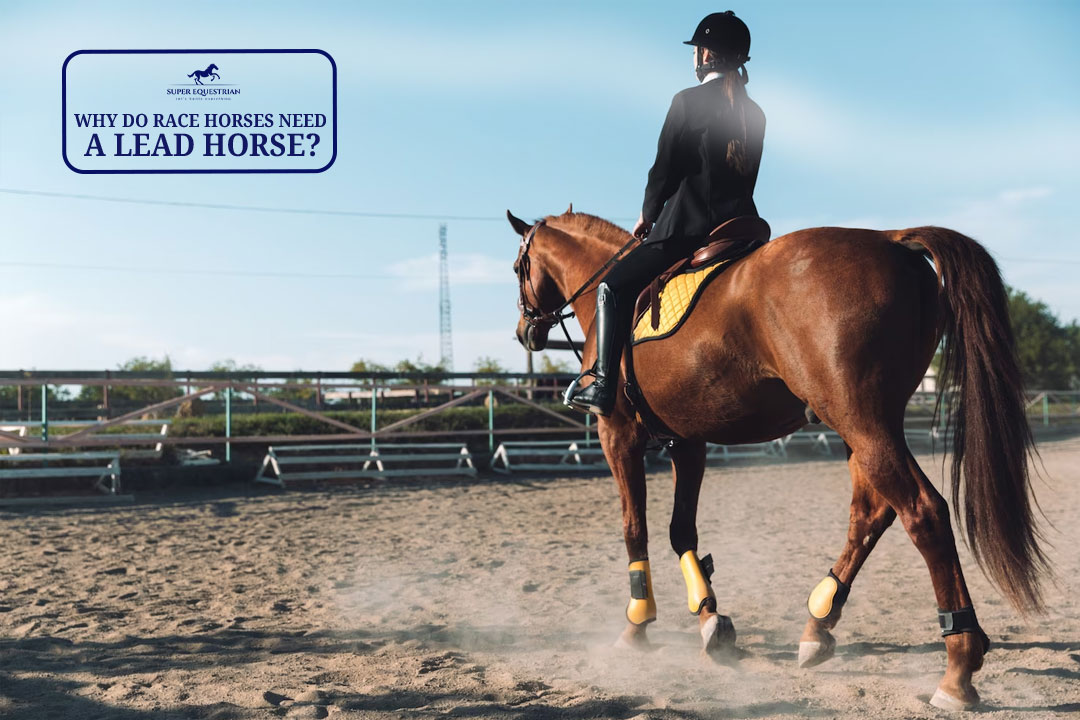
Why Do Race Horses Need ...
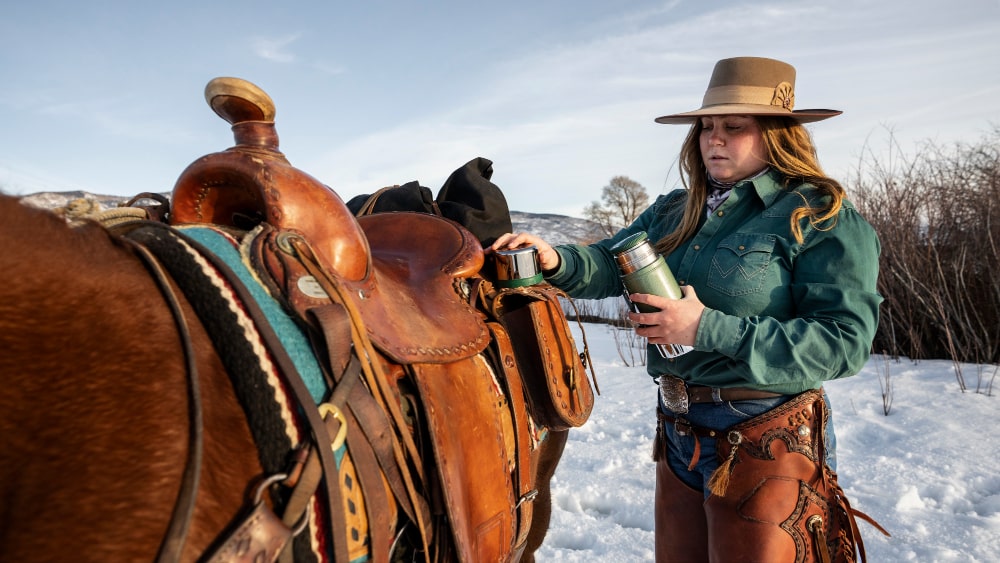
Ranch Saddle vs. Roping Saddle: ...

Round Pen vs Square Pen ...

Must Have Horse Trailer Accessories: ...
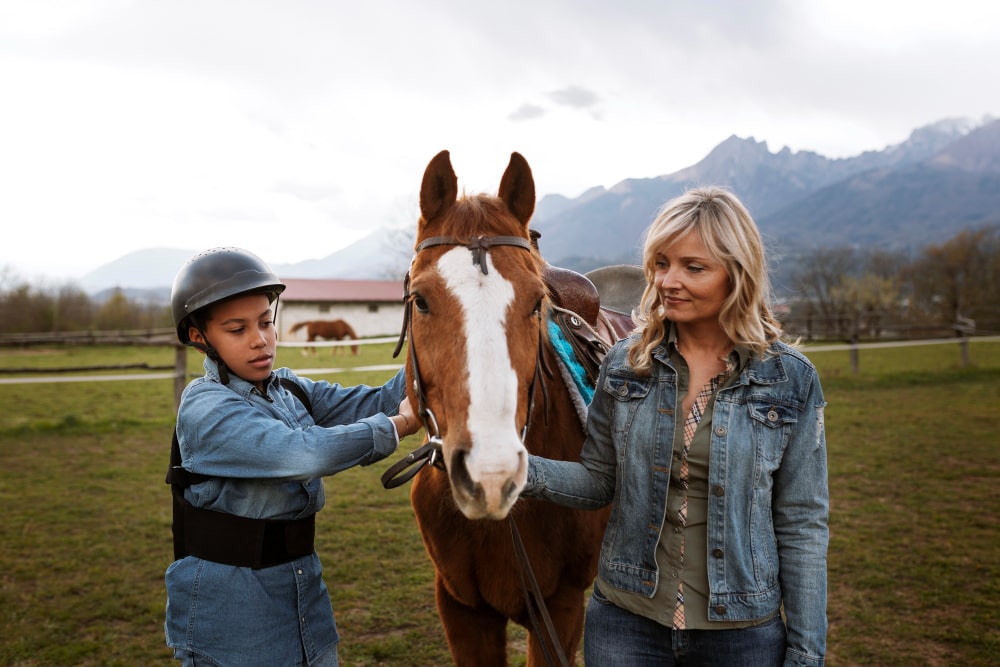
Is MIPS Worth for Equestrian?...
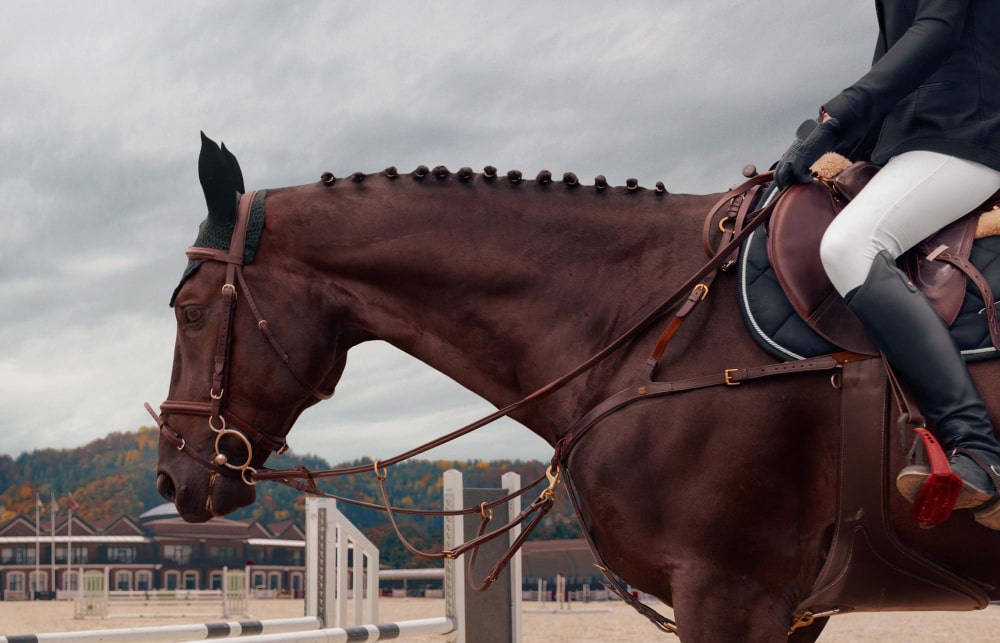
Natural Horsemanship vs Positive Reinforcement: ...

How to Mount a Horse ...
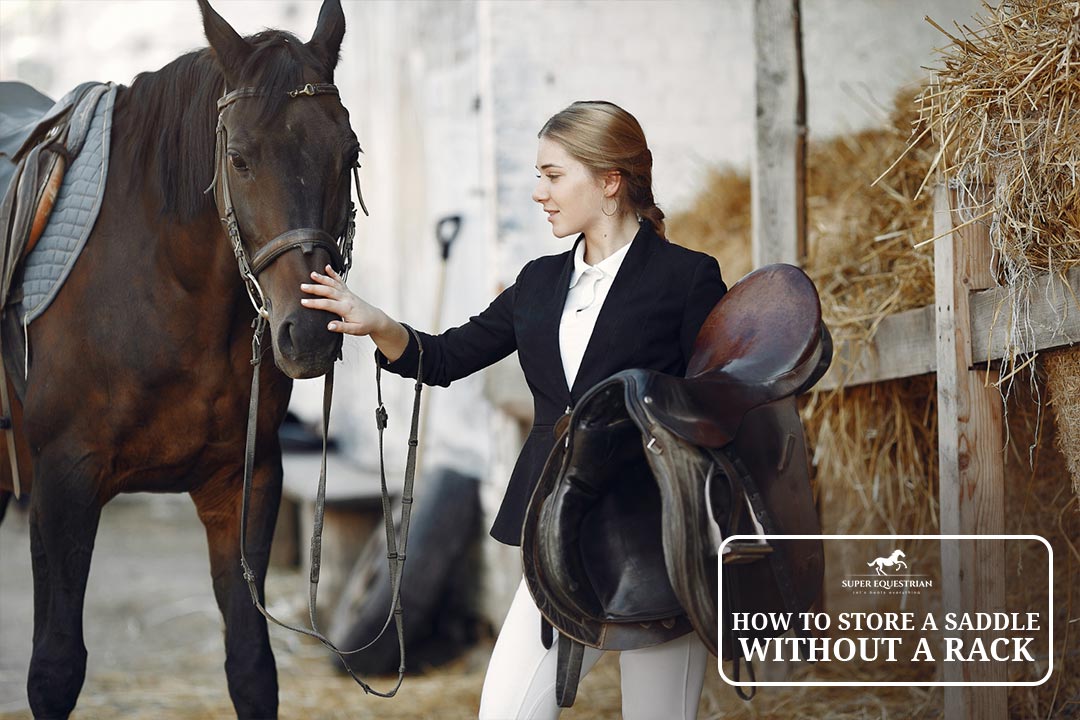
How to Store a Saddle ...
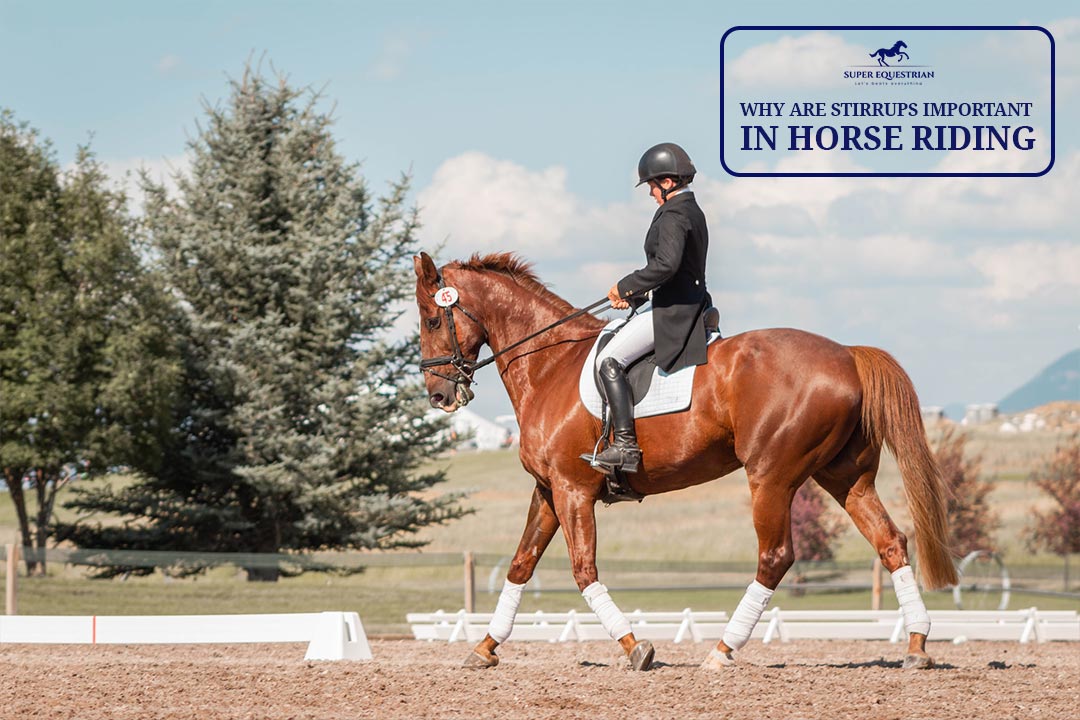
Why are Stirrups Important in ...
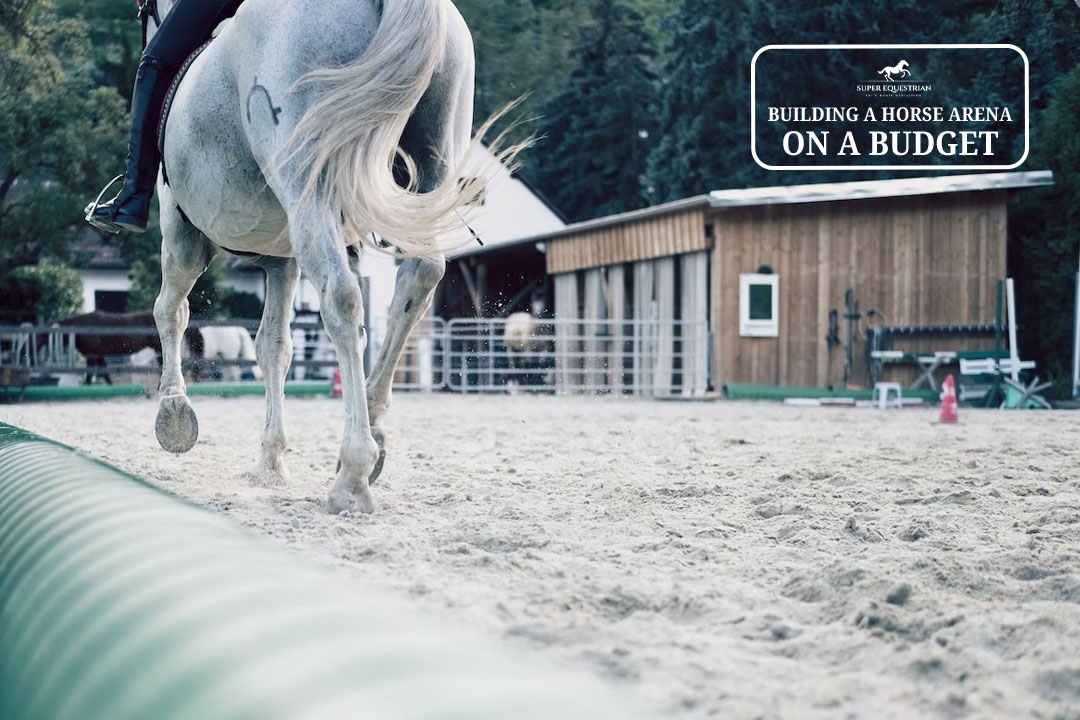
Building a Horse Arena on ...

How to Make Horse Treats ...

Order of Grooming a Horse...

Horse Riding Lessons Plan: The ...

Horse Trailer Roof Replacement and ...
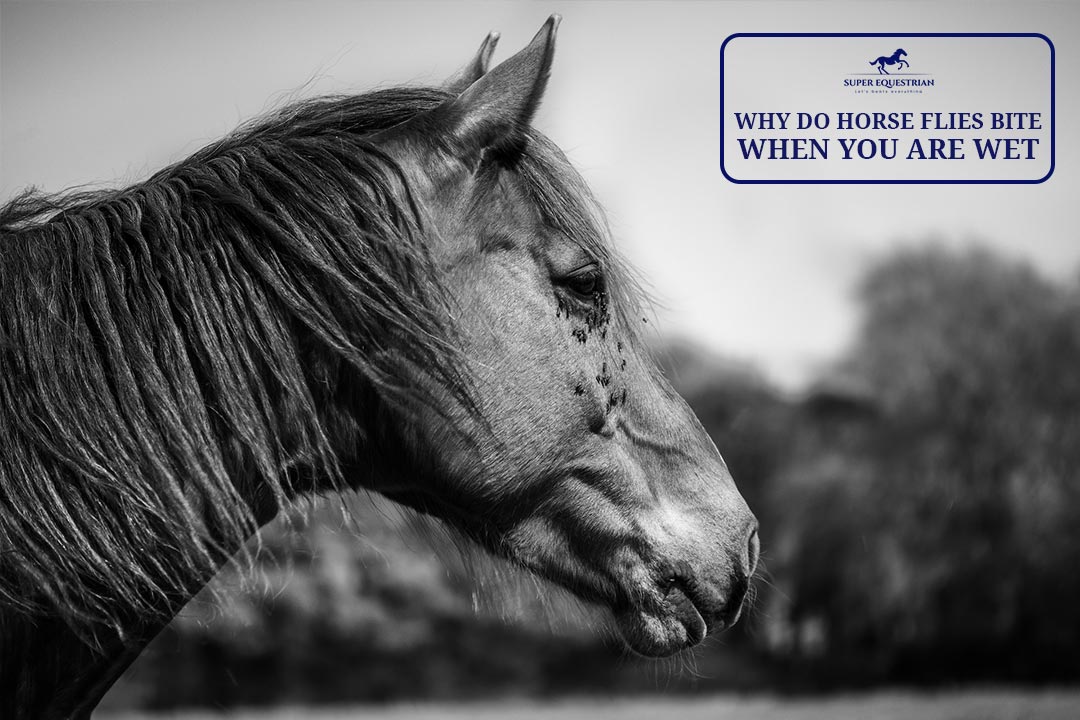
Why Do Horse Flies Bite ...
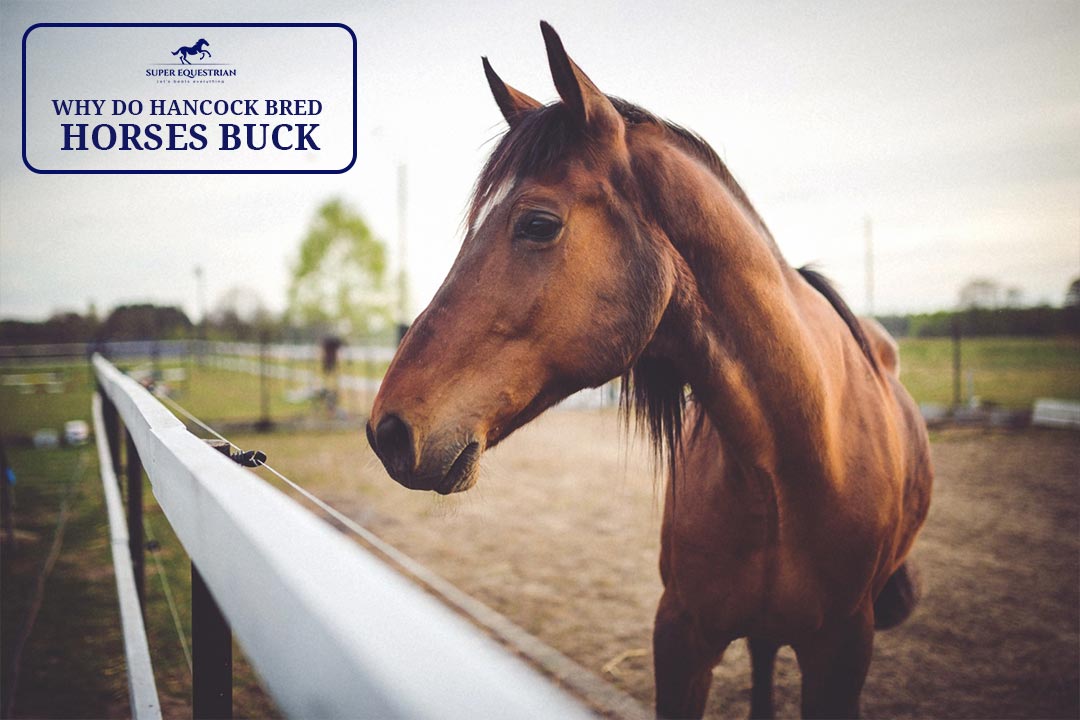
Why Do Hancock Bred Horses ...

Quarter Horse Bloodlines to Avoid...
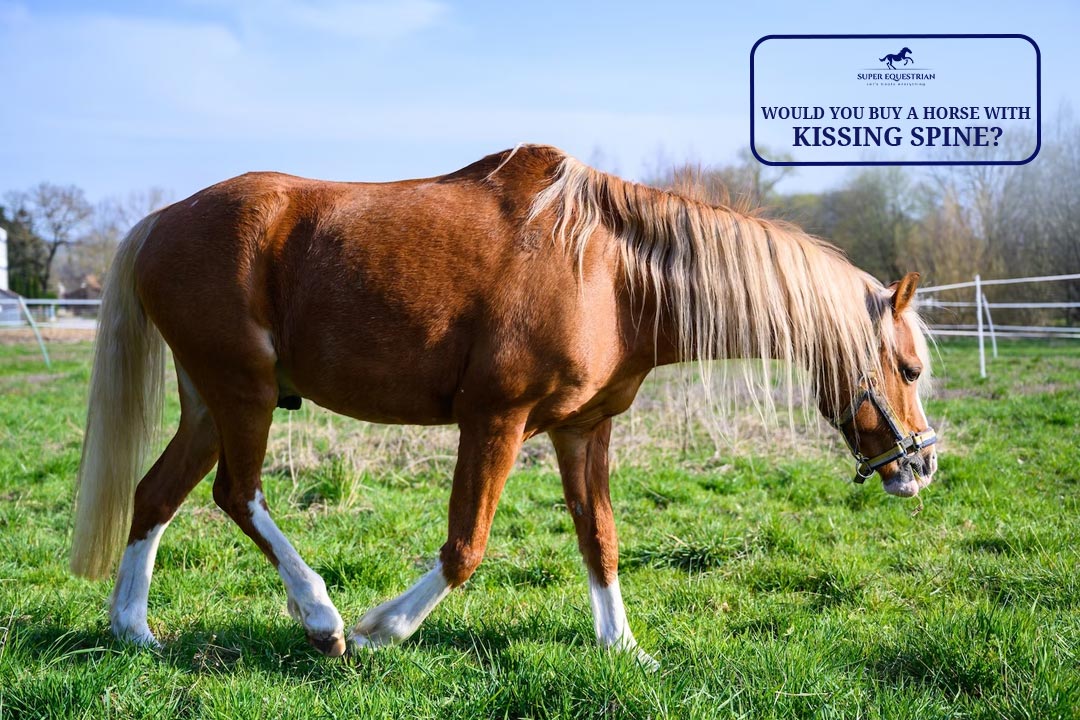
Would You Buy a Horse ...

Why Do Horses Allow Us ...
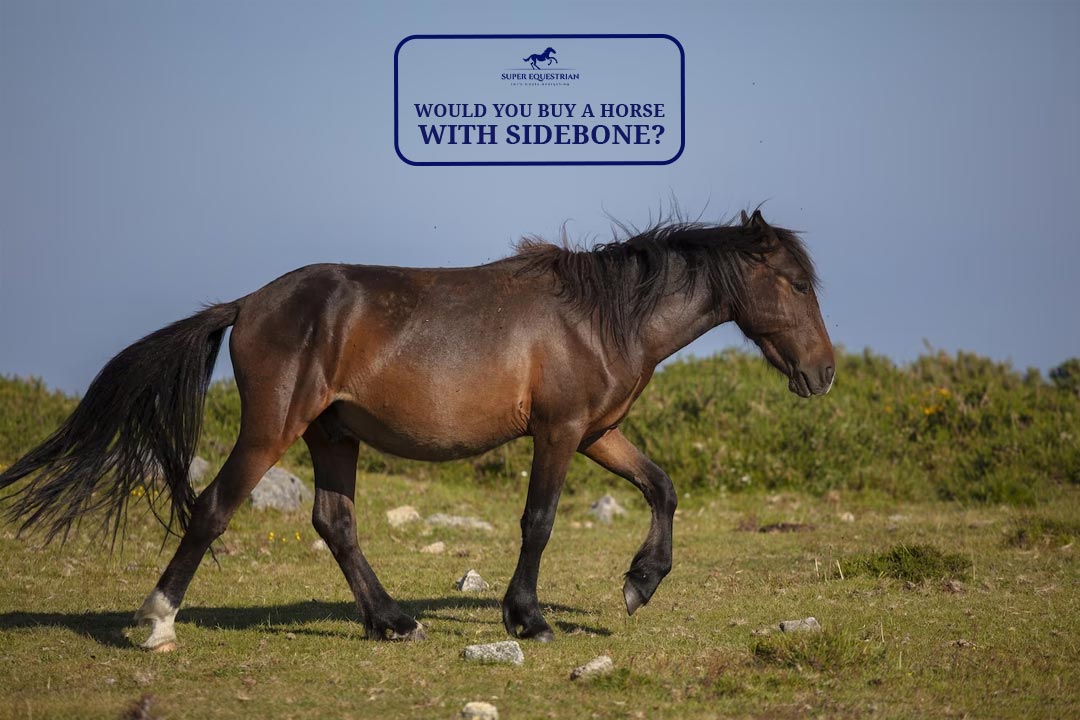
Would you buy a horse ...

Why Are Klapper Bits So ...
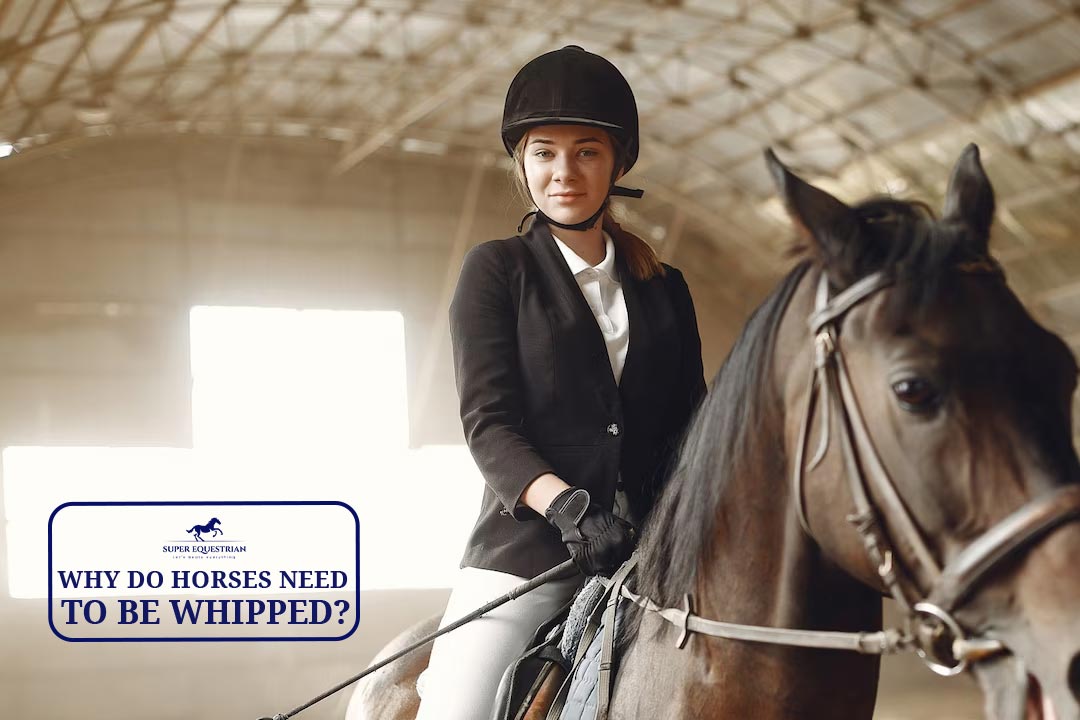
Why do horses need to ...

Why do you mount a ...
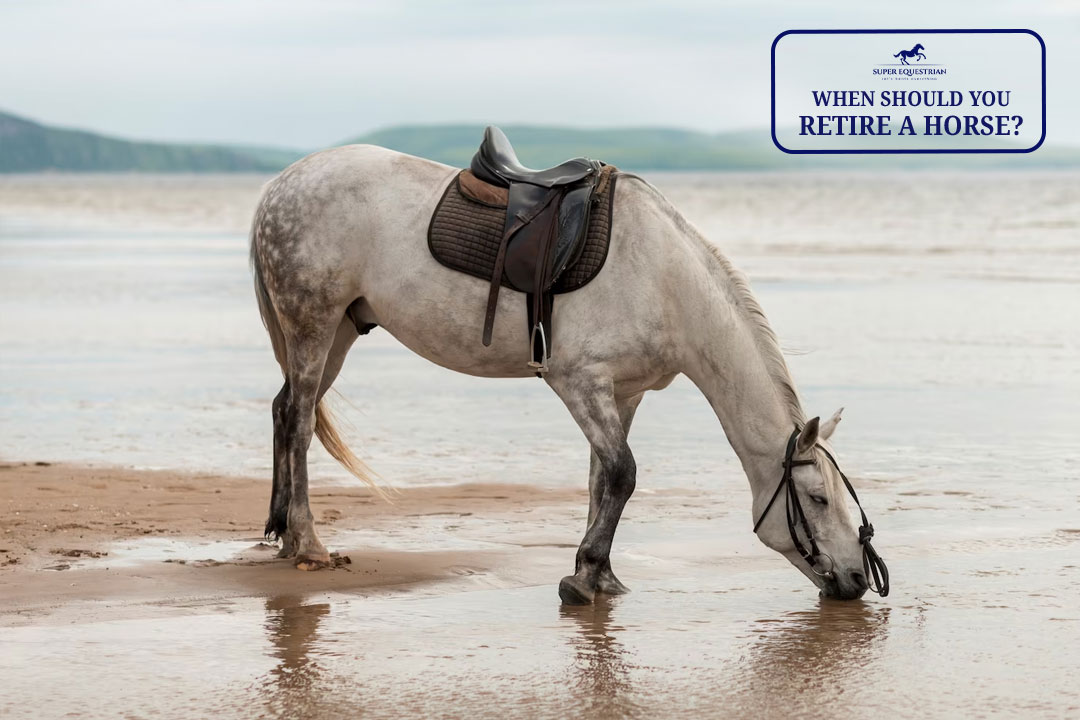
When Should You Retire A ...
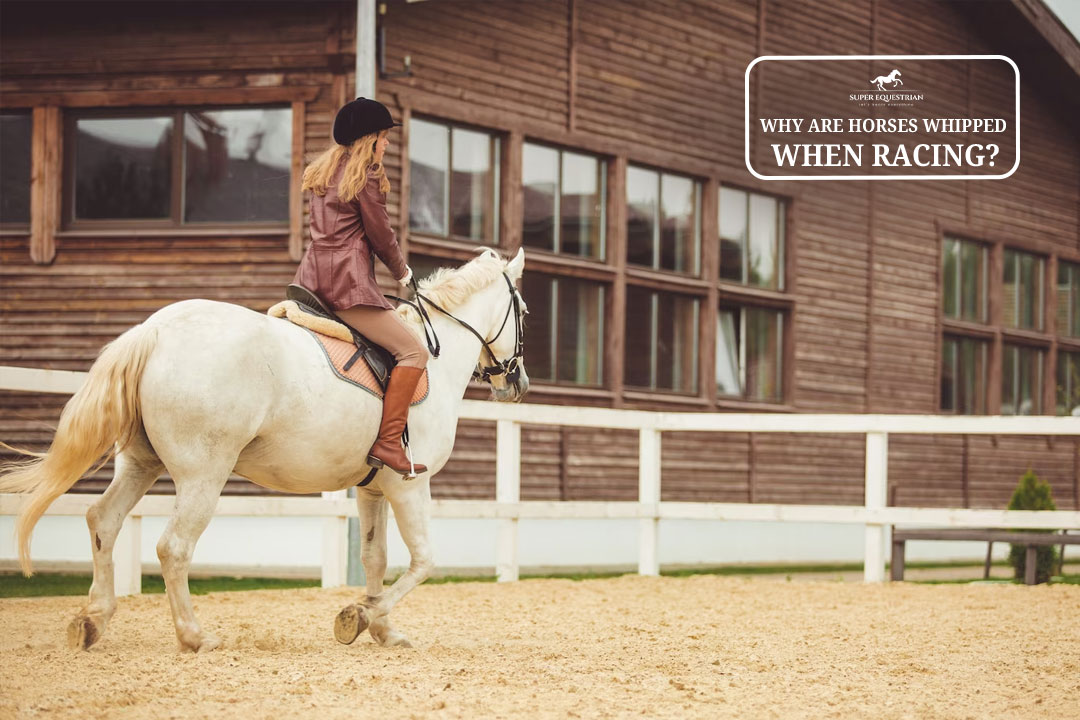
Why Are Horses Whipped When ...
.jpg)
Why Do Horses Have A ...
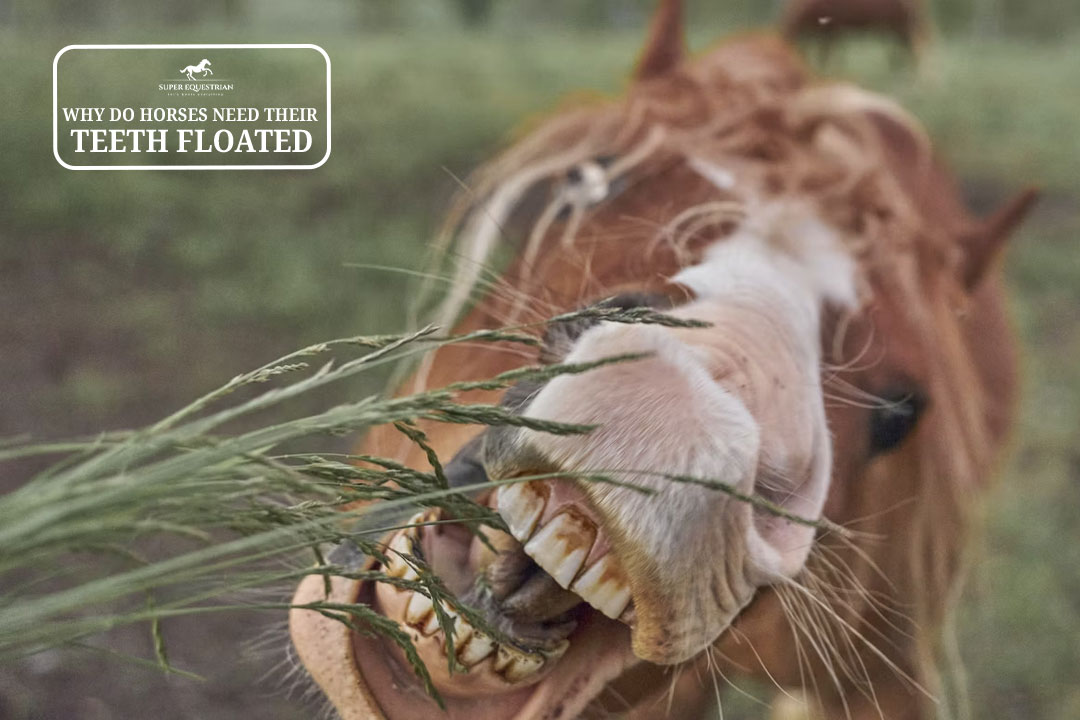
Why Do Horses Need Their ...

What To Do If Horse ...

What To Do If A ...
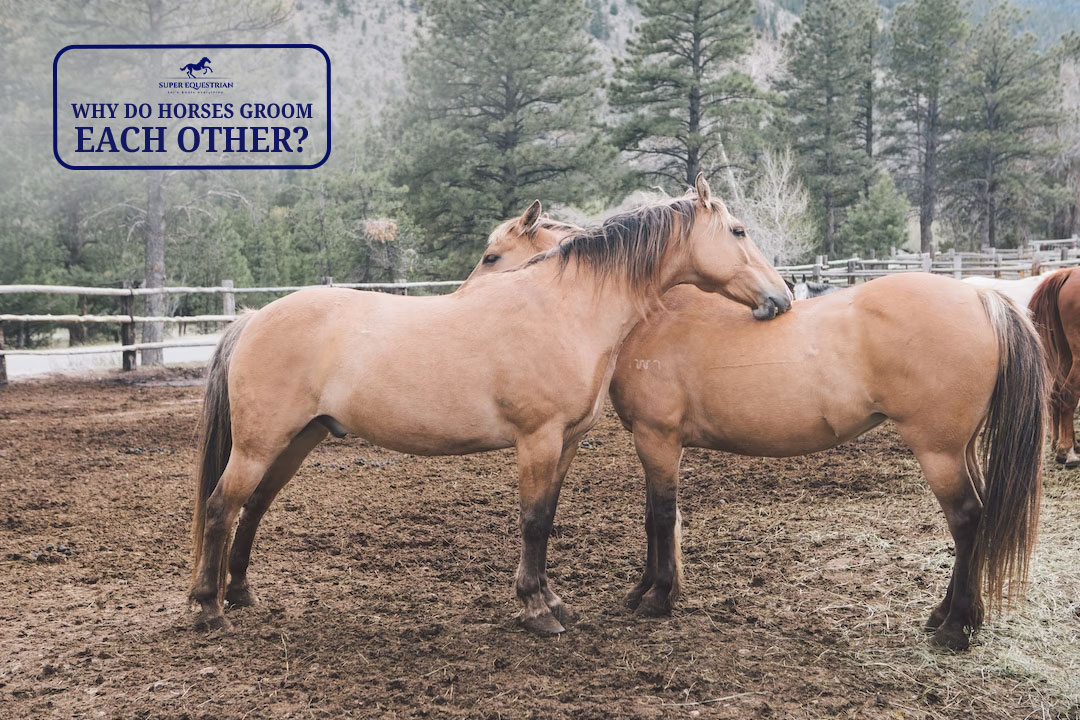
Why do horses groom each ...
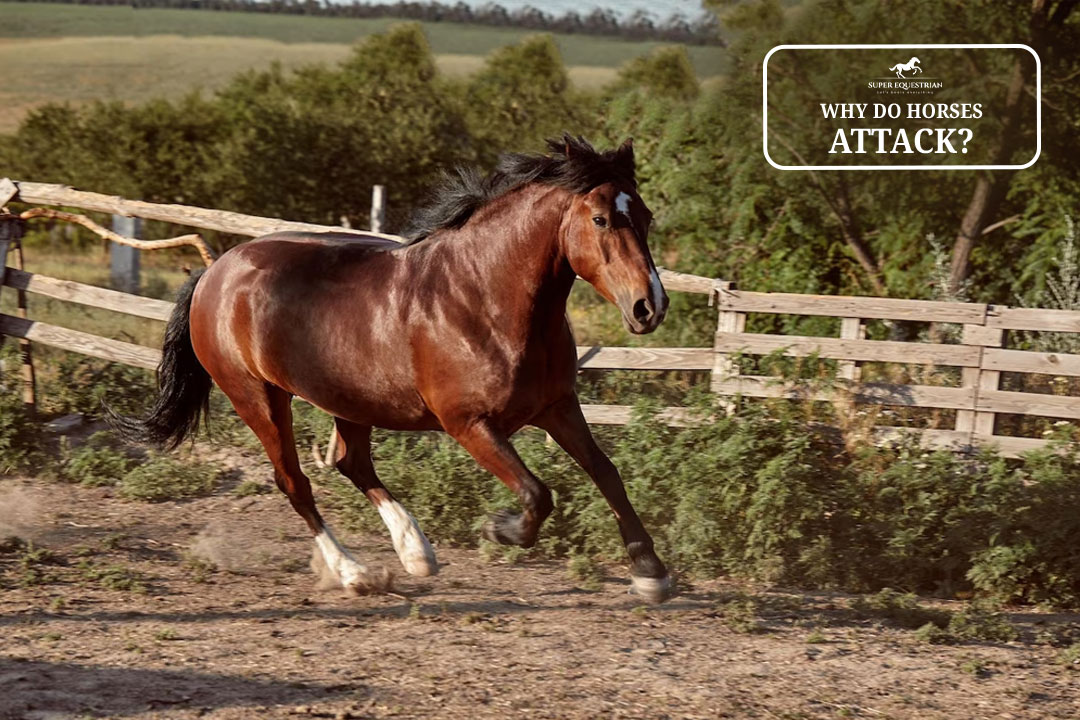
Why do horses attack...

Should I Use a Martingale ...

How to fit bell boots ...
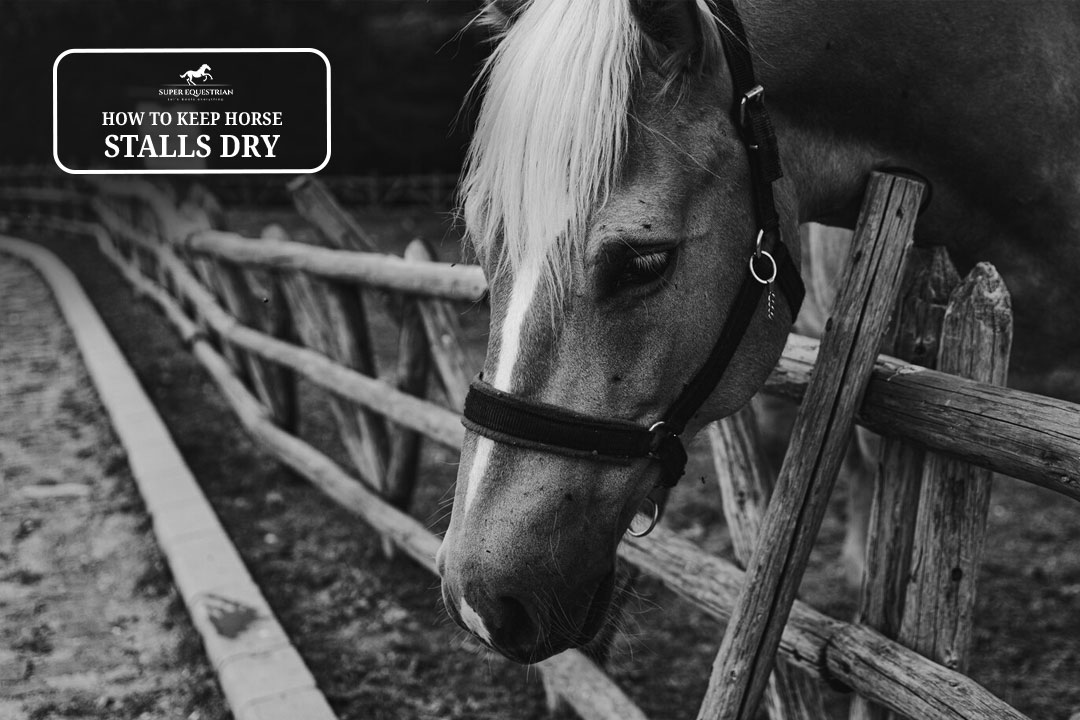
How To Keep Horse Stalls ...
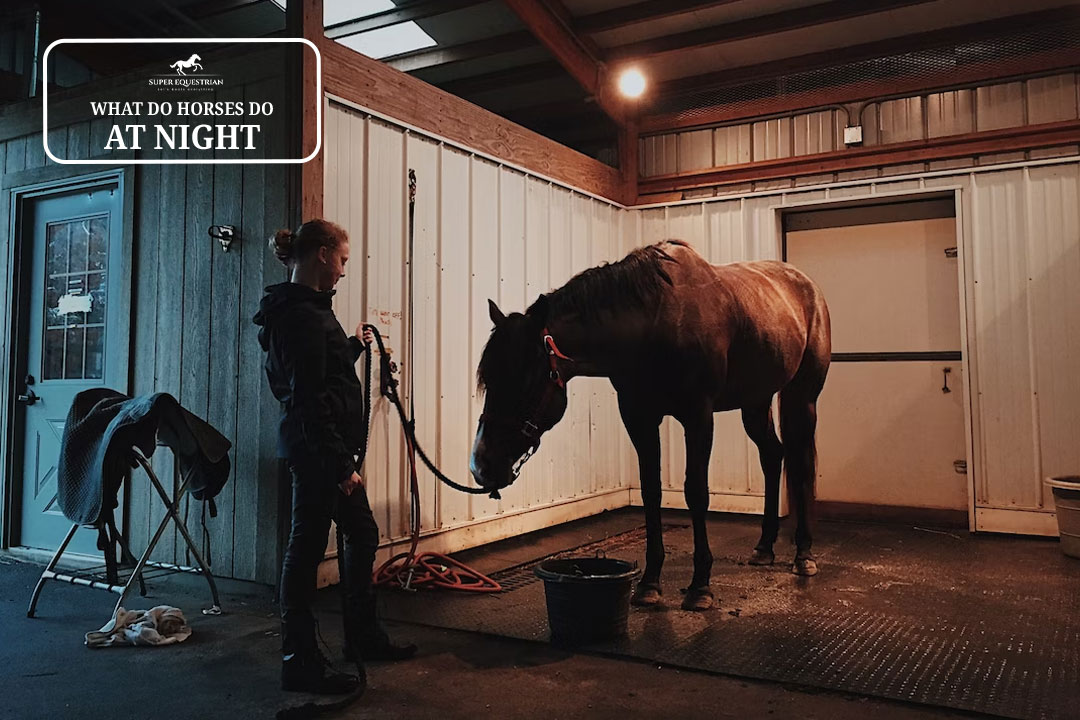
What Do Horses Do At ...
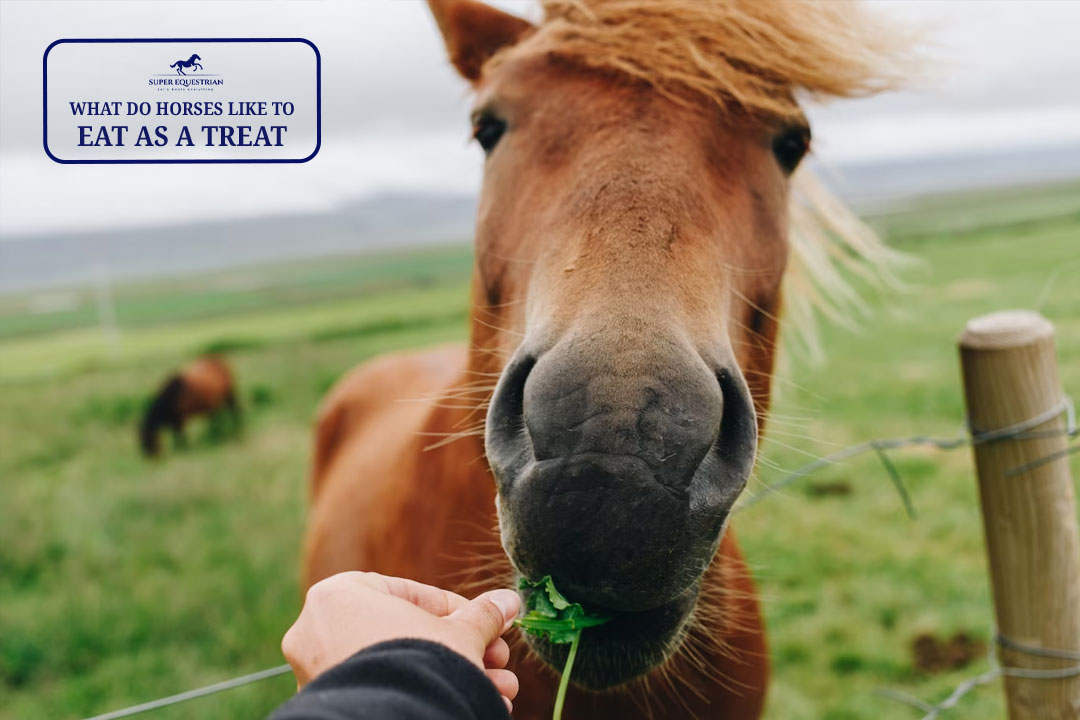
What do horses like to ...

Why do wild horses get ...
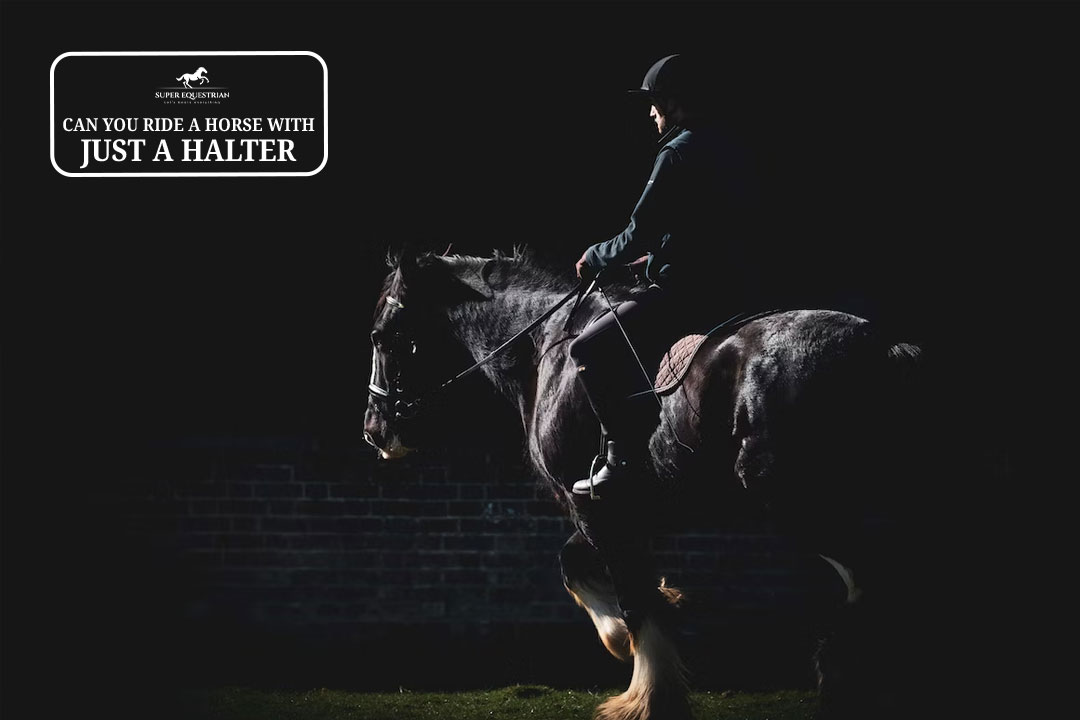
Can you ride a horse ...

Are horses protective of their ...
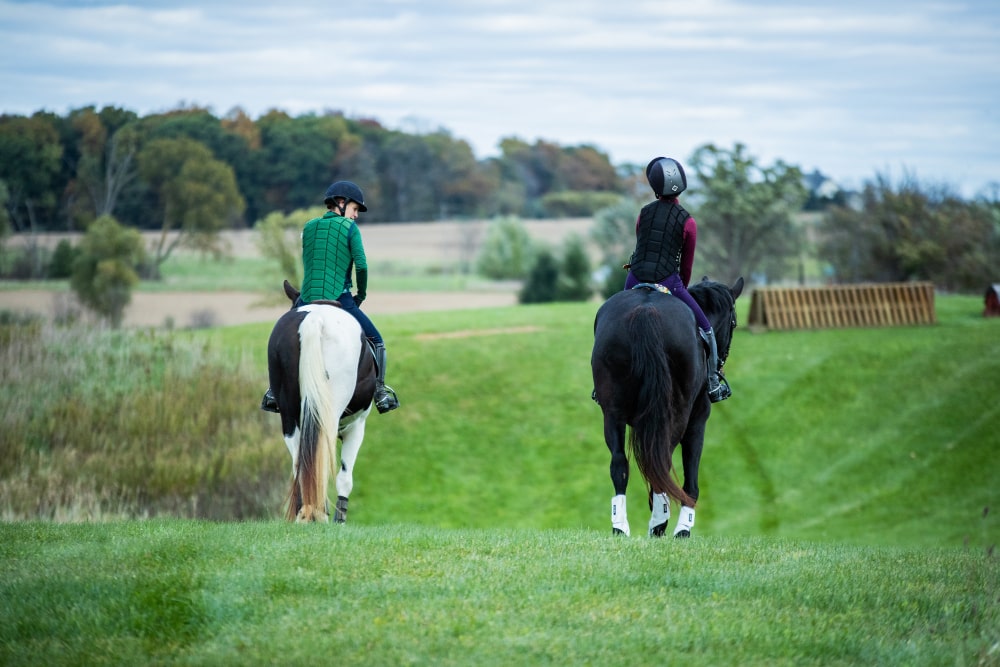
Why racking horses are popular ...
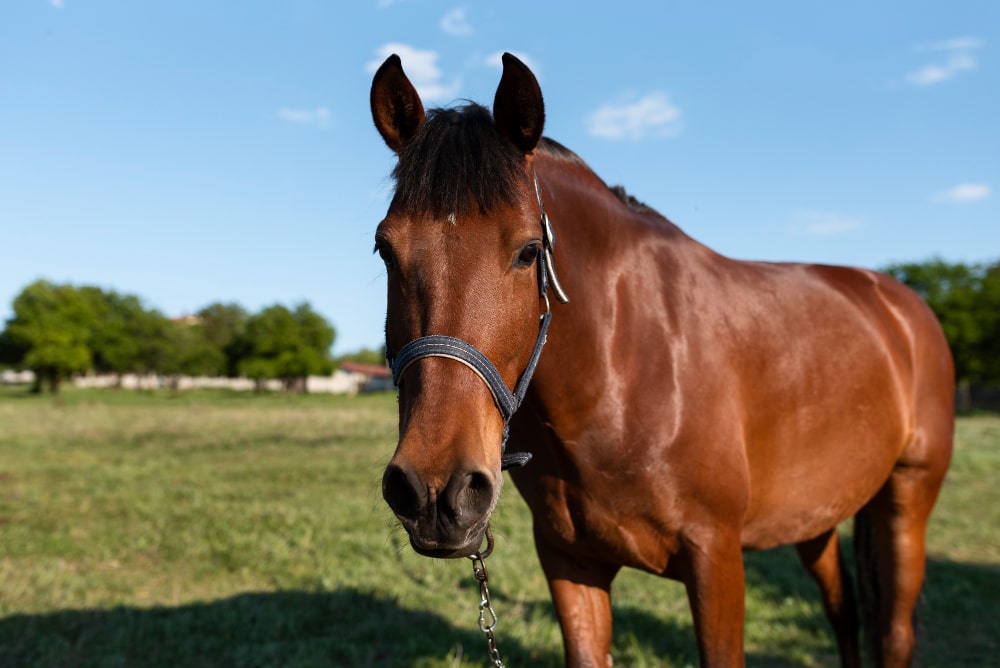
How To Keep Horses Off ...

How to Keep Flies Off ...
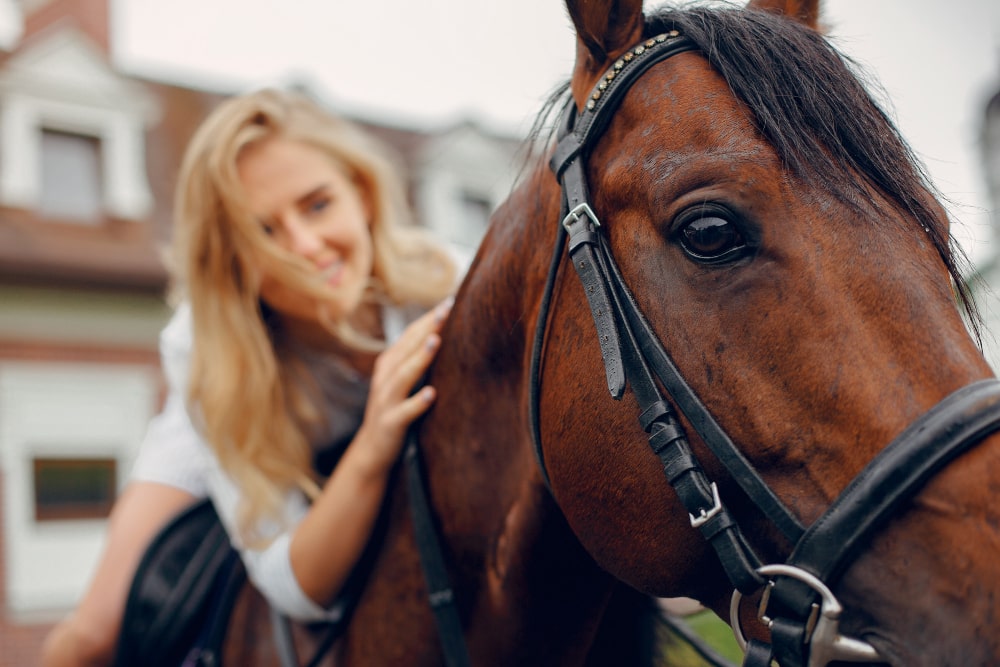
Pros and Cons Using A ...
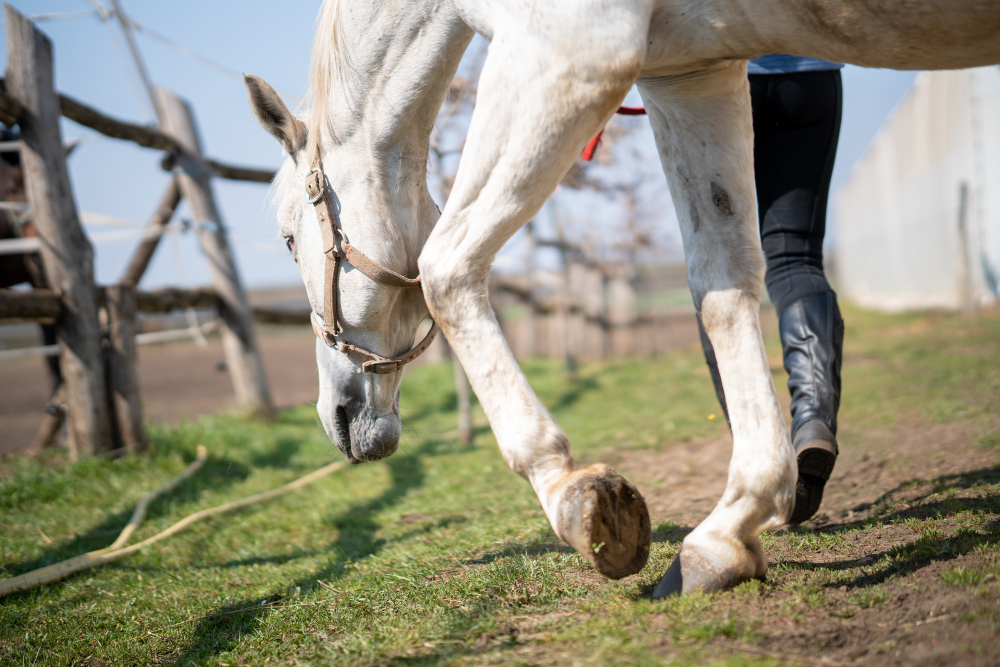
Can you ride a horse ...

Why are Corriente saddles so ...
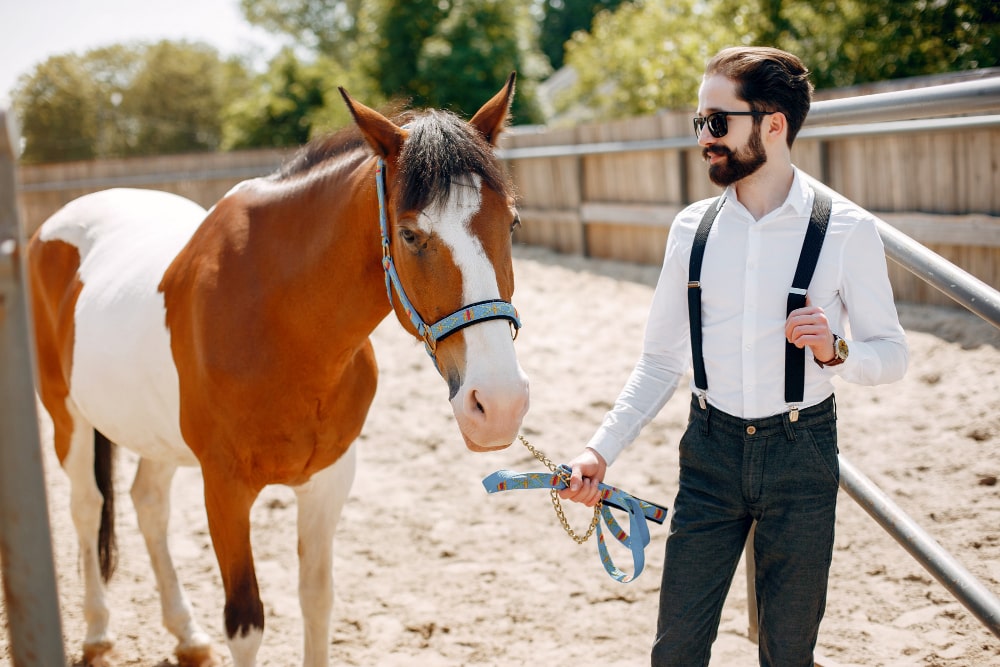
Pros and cons of equine ...
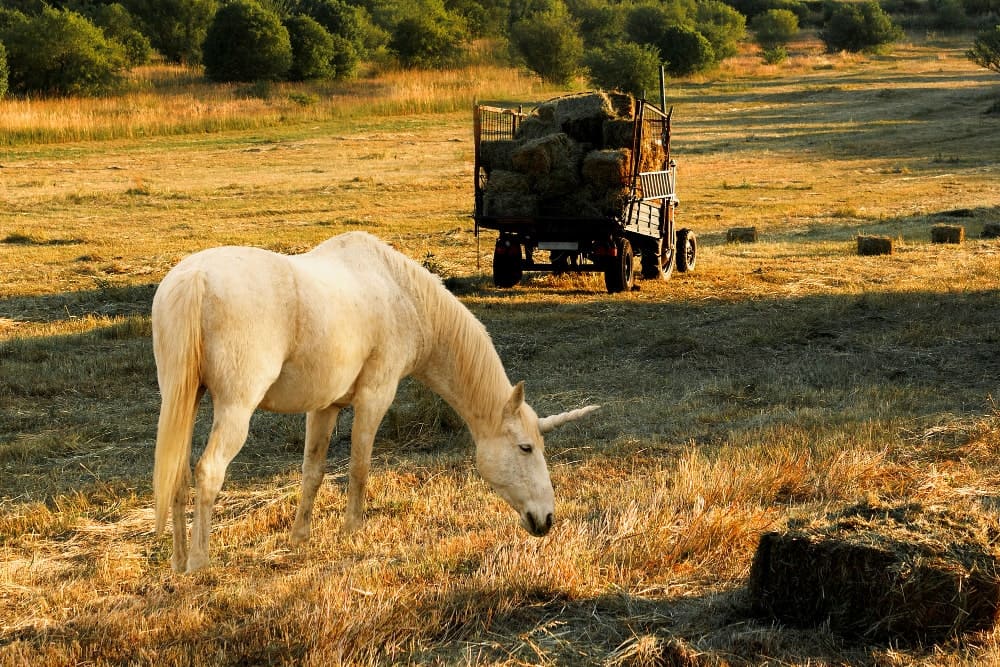
How Long After Mowing Can ...

How to Care for a ...
.jpg)
Why Do Horses Wear Blinders: ...
.jpg)
How to fit an exercise ...

Why is my horse bucking ...
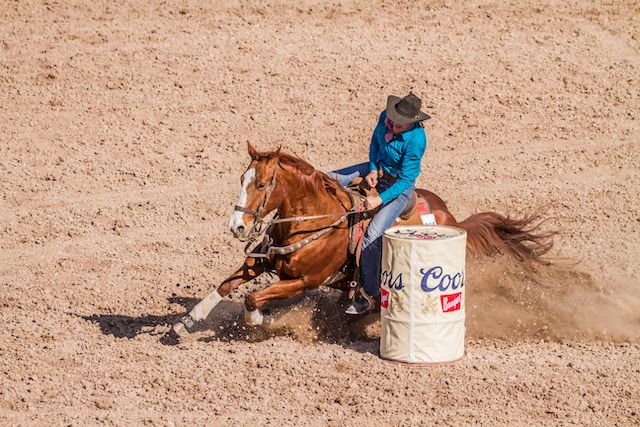
What causes a horse to ...
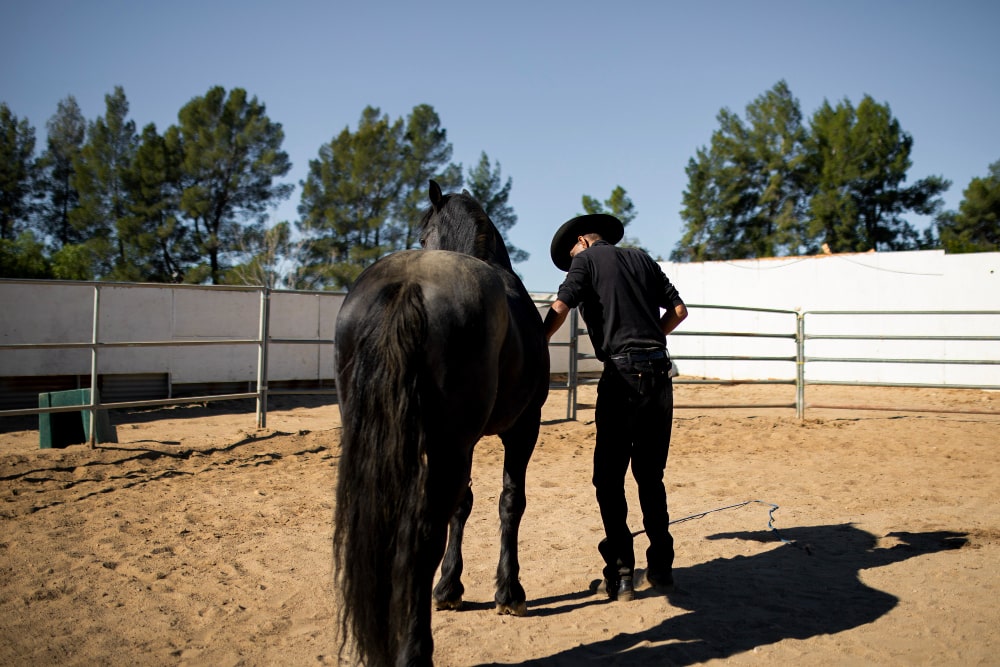
How to Stop a Horse ...
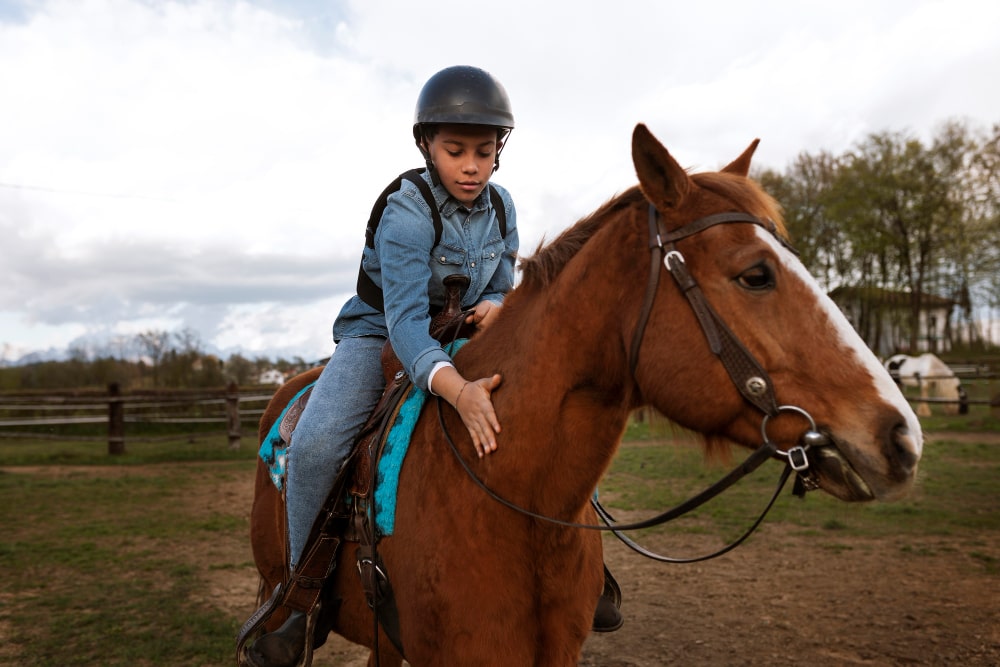
Why Is My Horse Bunny ...
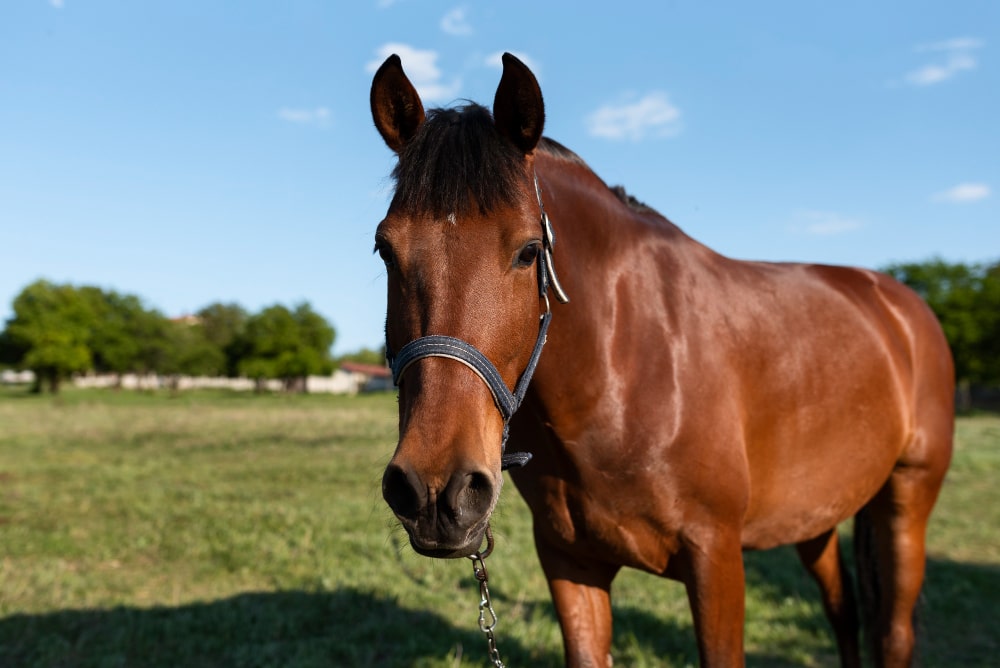
How To Improve Pasture For ...
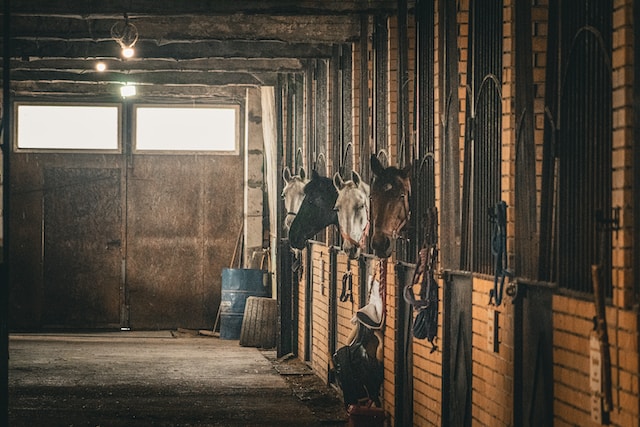
How to get the smell ...

Can you add ramp to ...

What Is The Temperament Of ...
.jpg)
Why Is Friesian Horse Hair ...
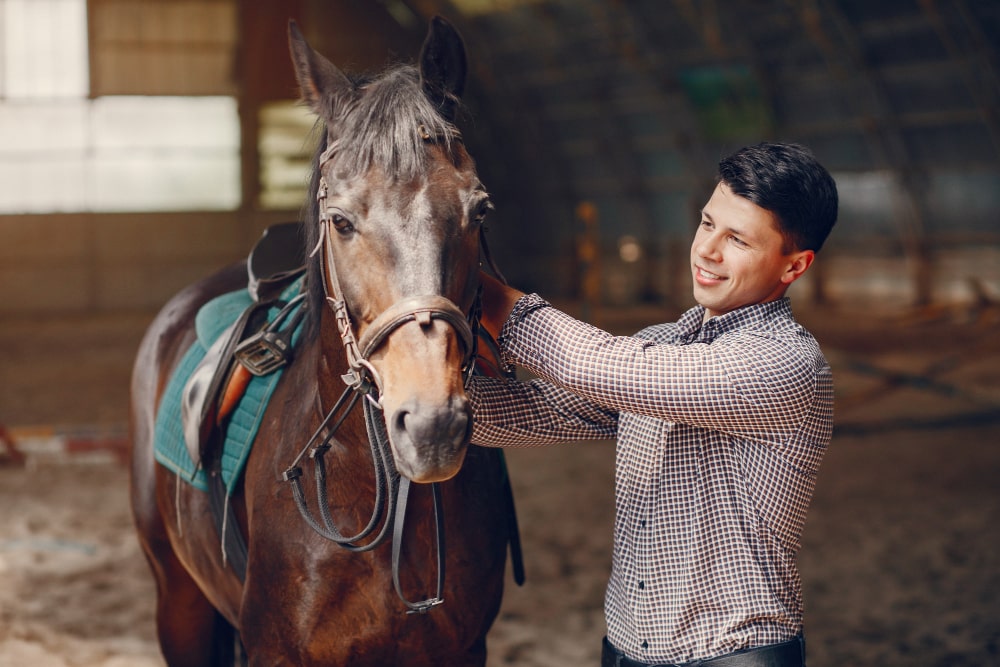
Why is my horse testing ...
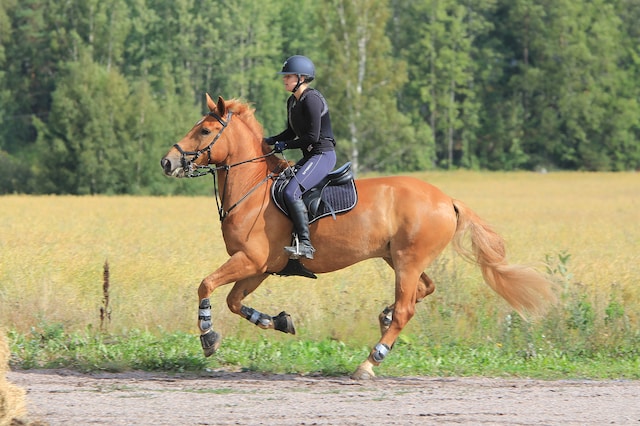
How often you should take ...

How long does it take ...
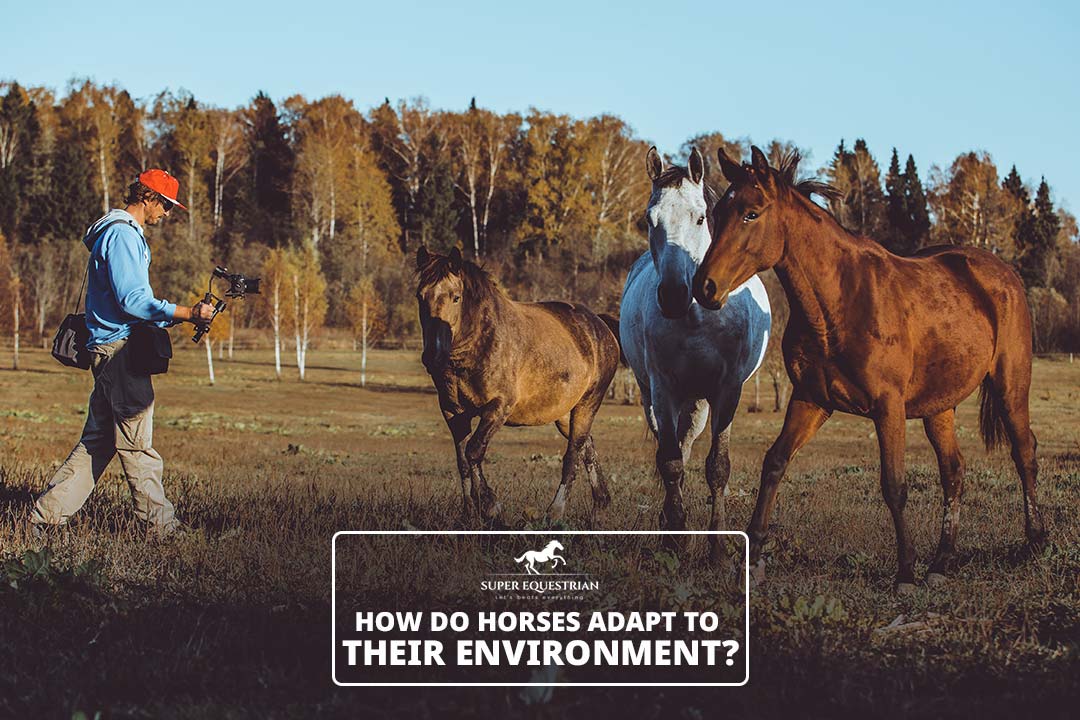
How do horses adapt to ...

How To Prepare For A ...
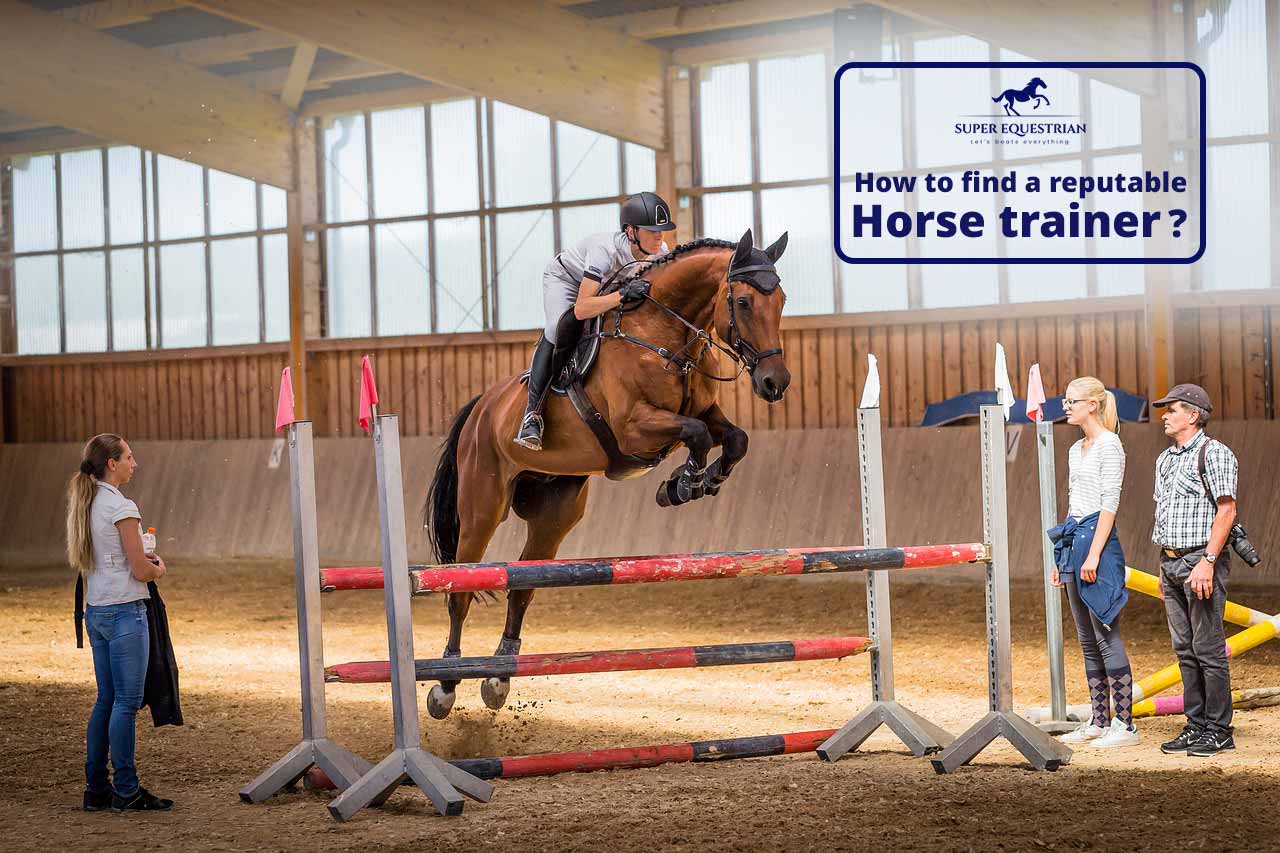
How To Find A Reputable ...
.jpg)
Do Horses Get Medals at ...

How to create a horse-...